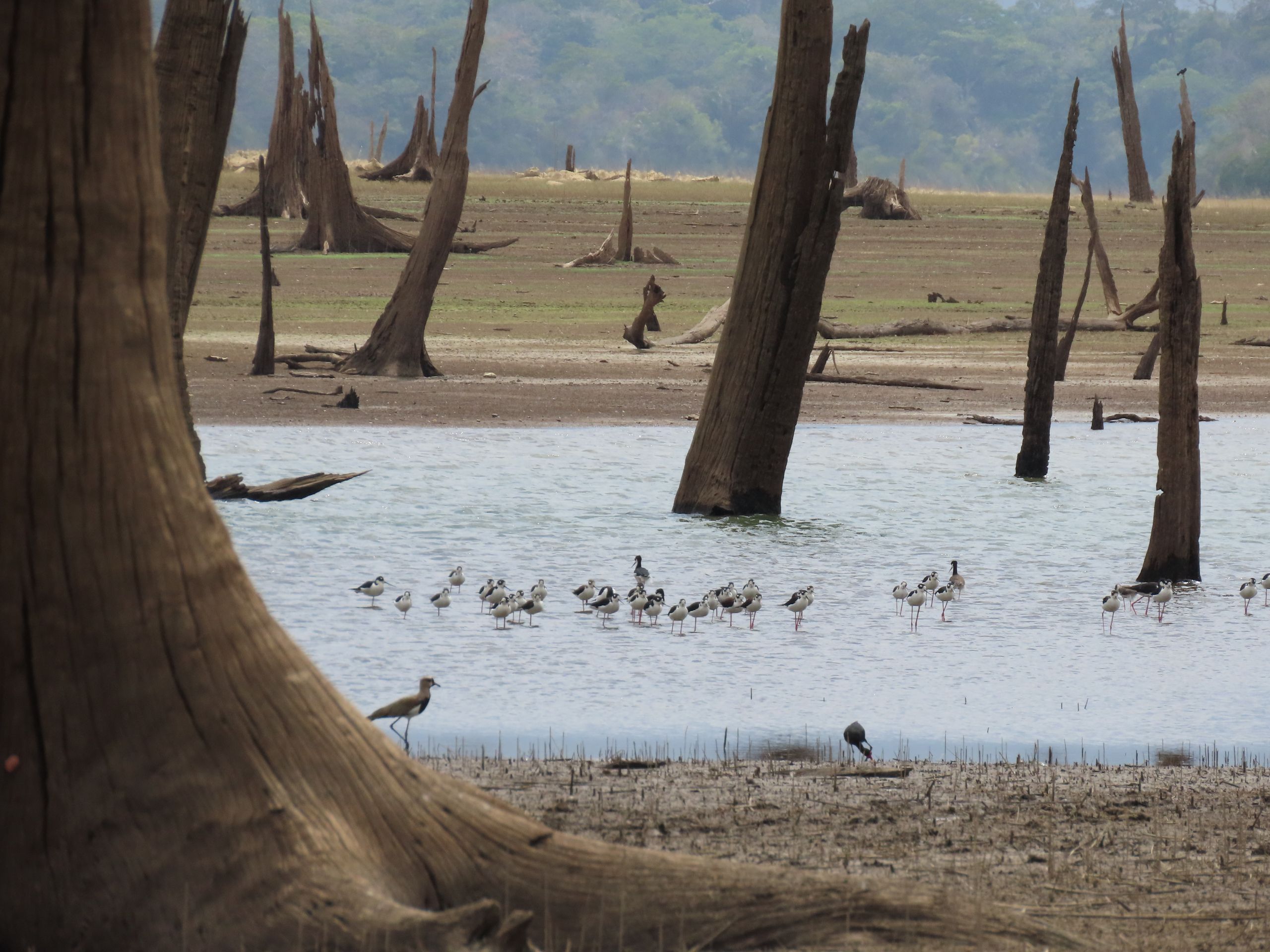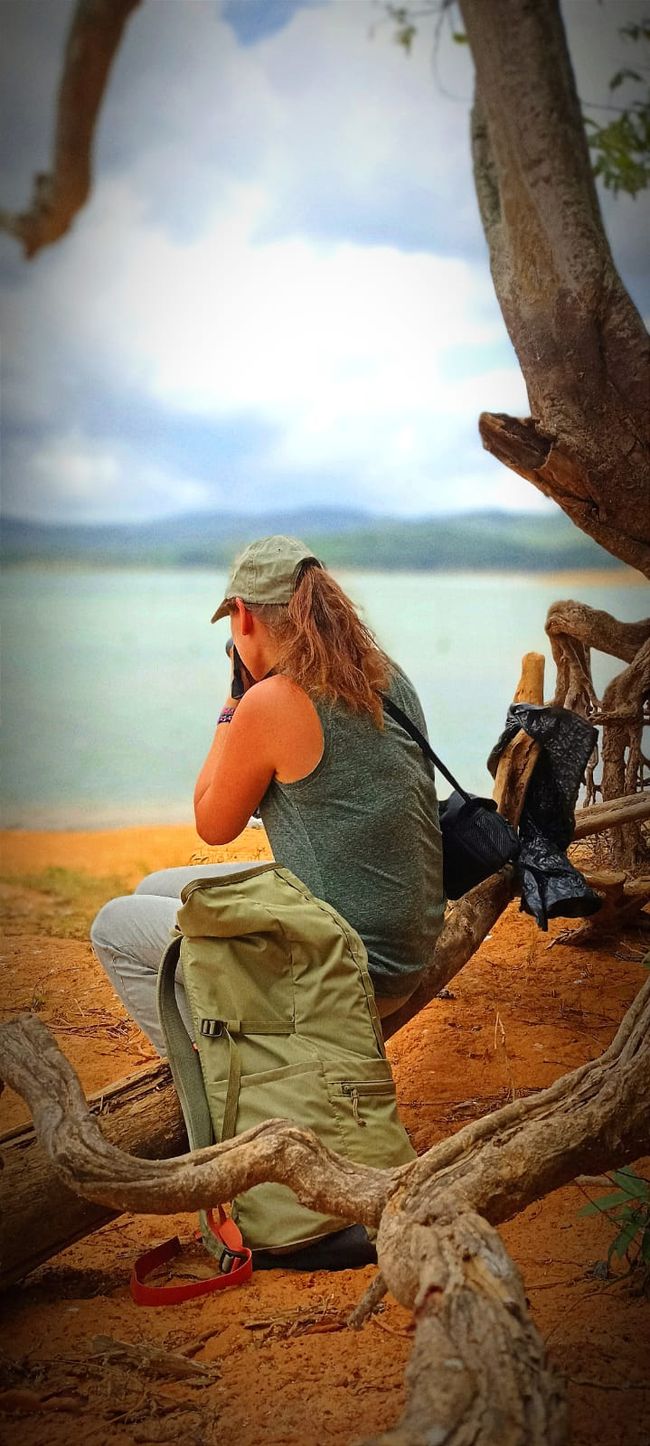The bird market in Sidoarjo and Christmas in March
Publikováno: 19.03.2018
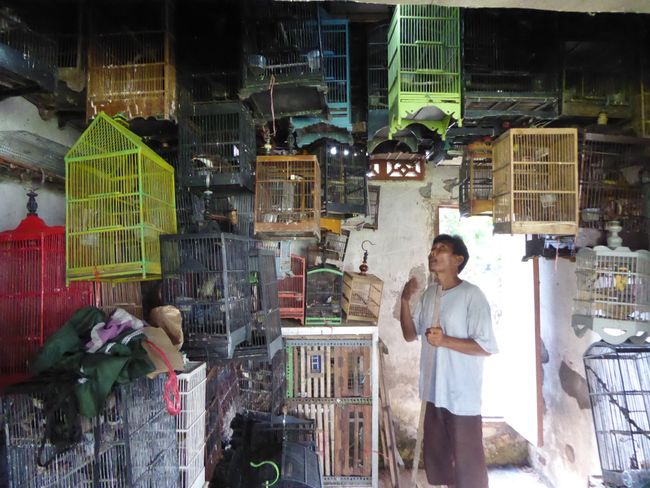
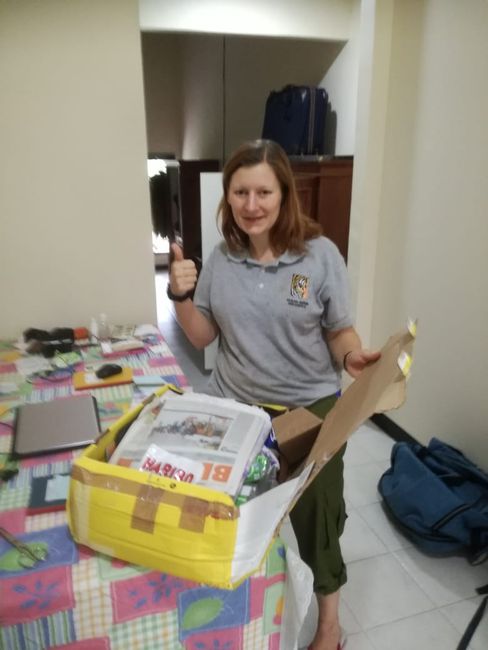
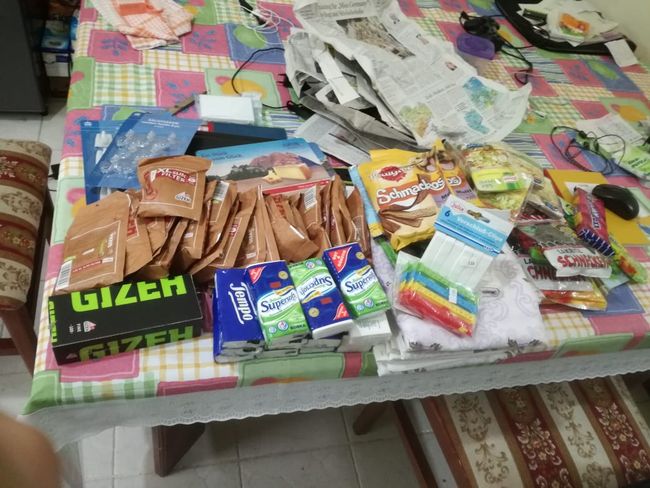
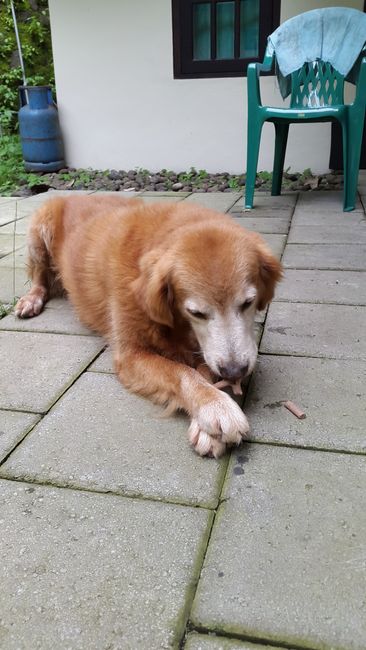
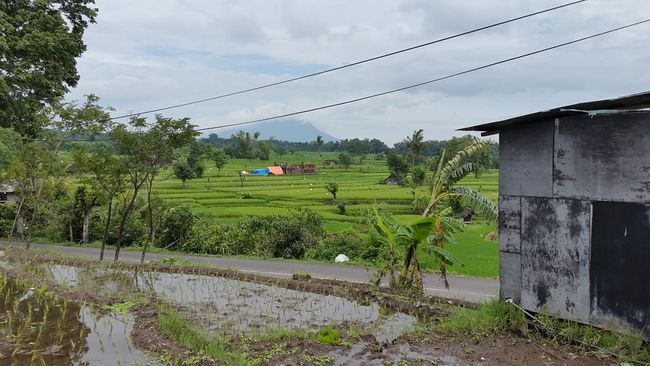
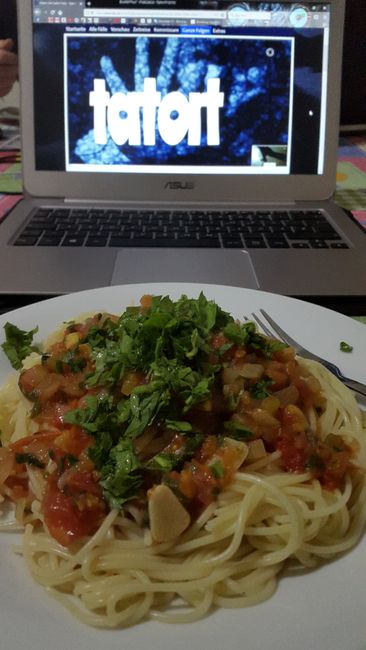
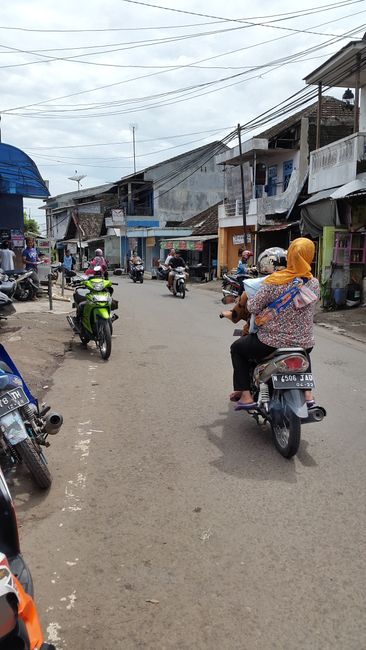
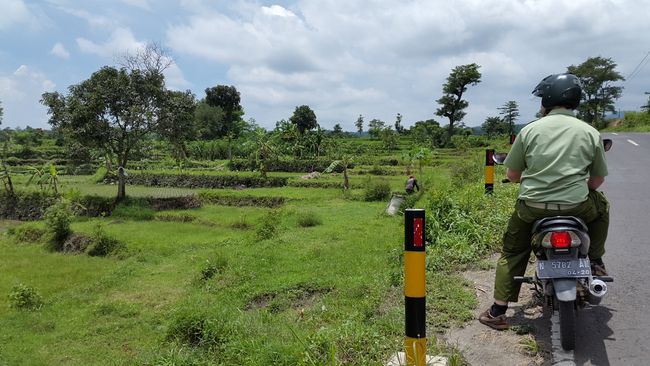
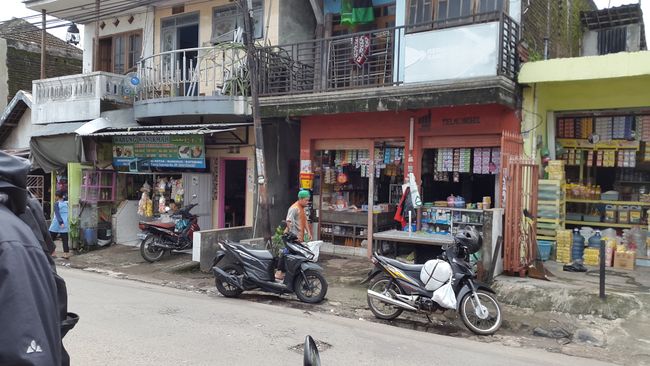
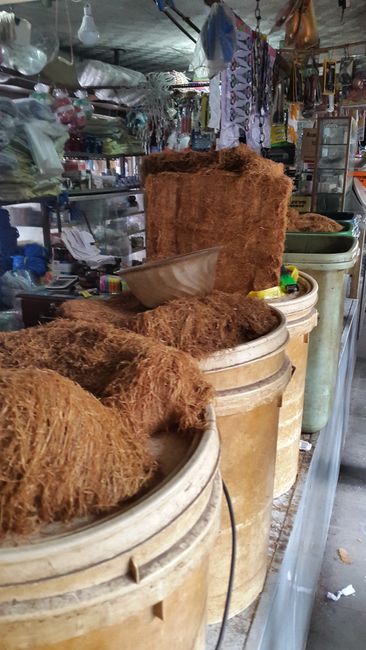
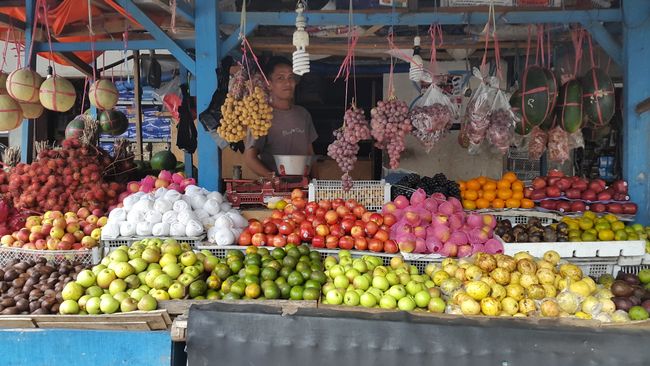
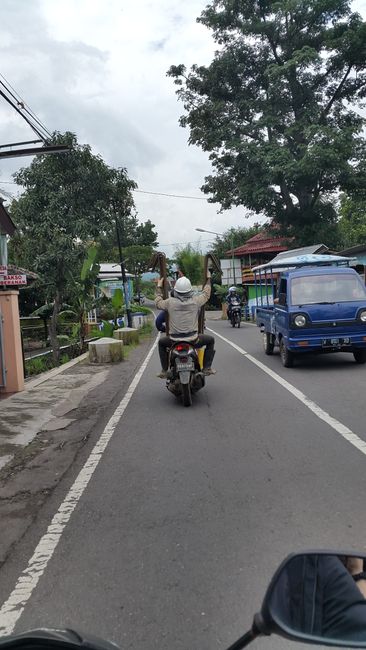
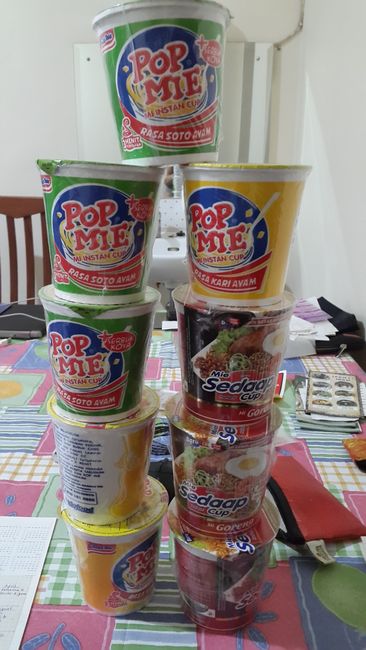
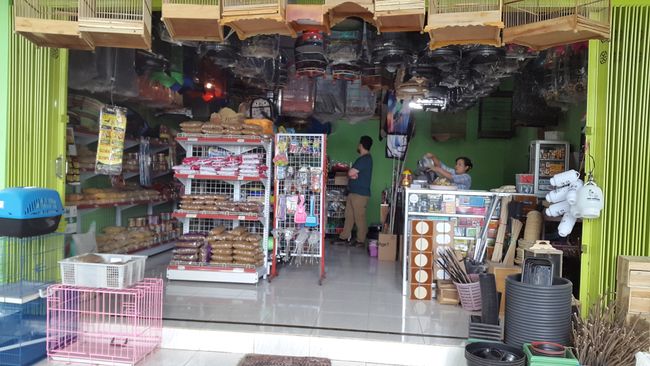
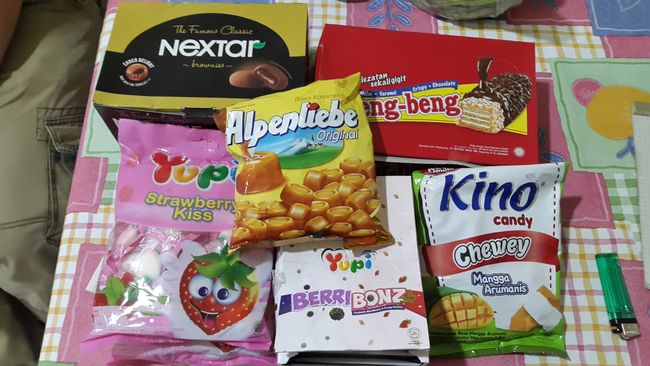
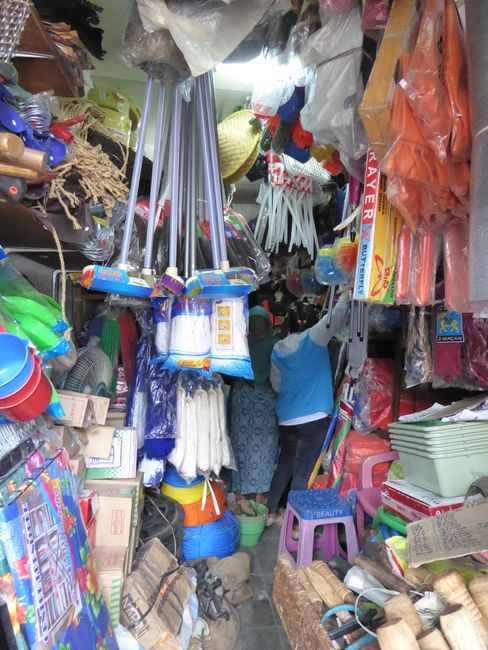
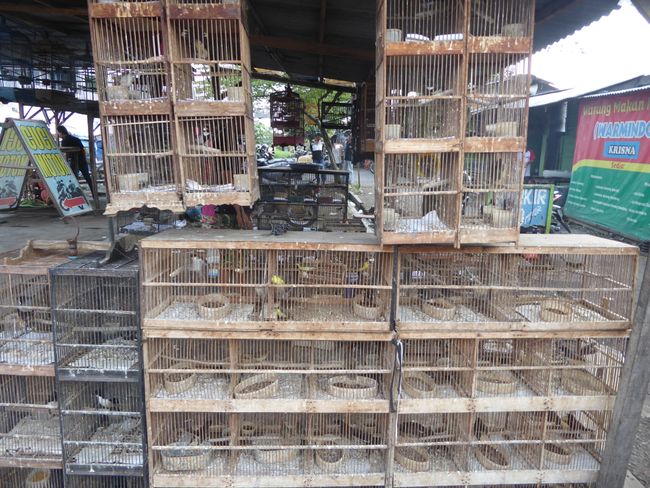
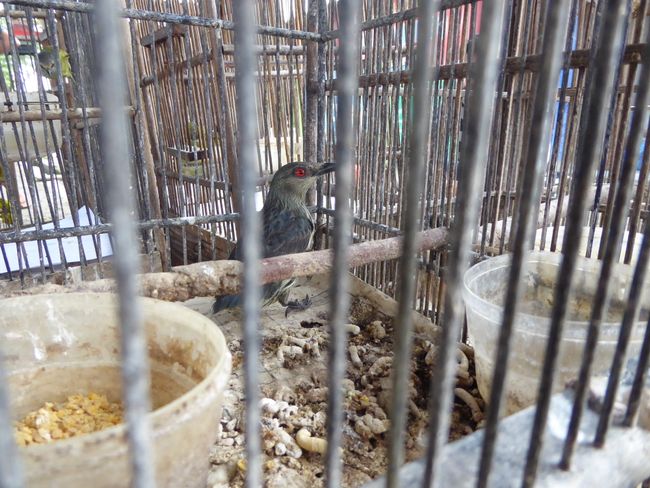
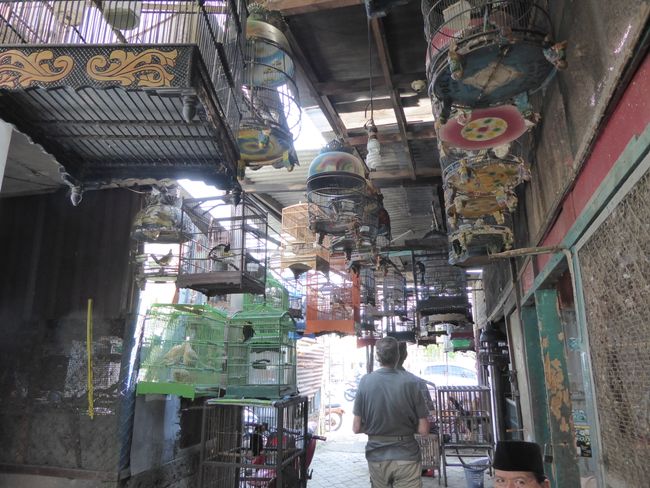
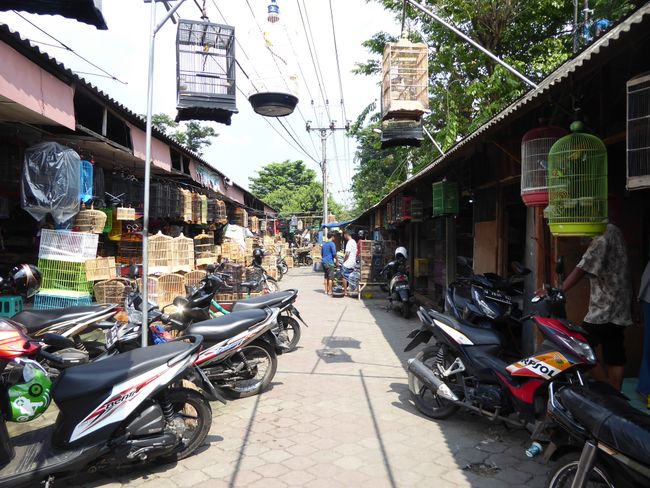
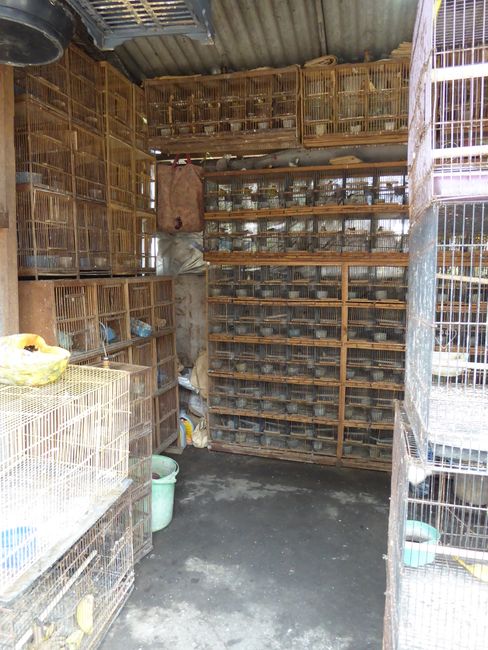
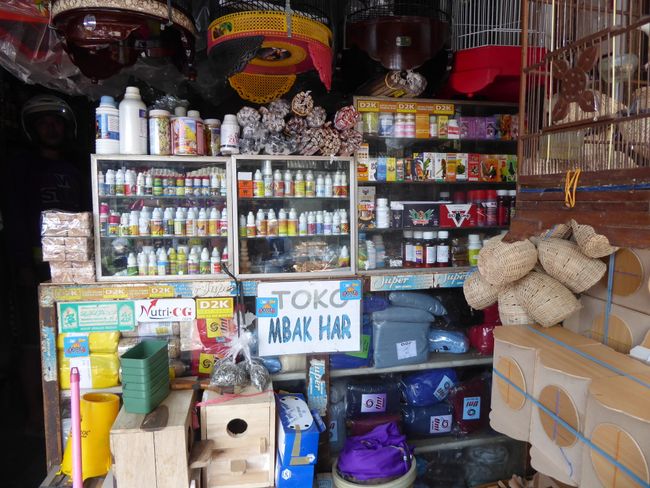
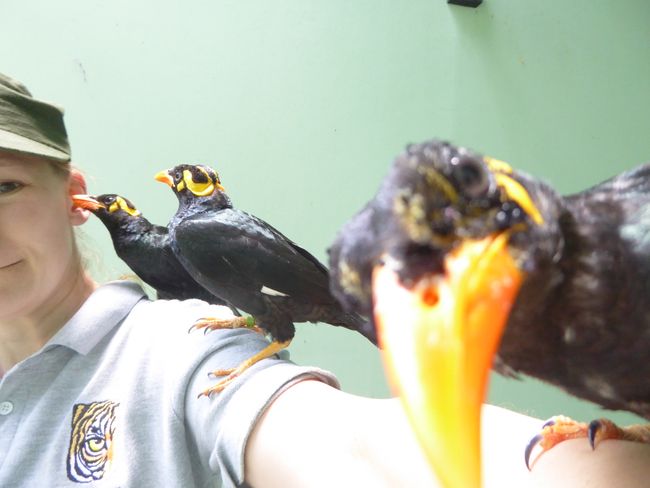
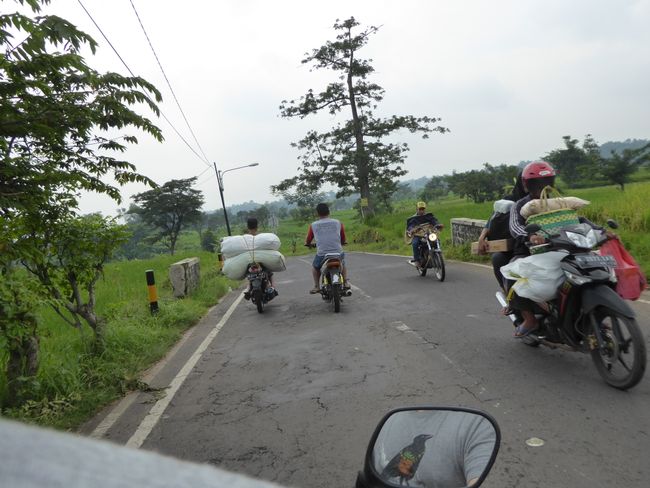
Odebírat novinky
We were recently asked if we have already found connection here and occasionally do something with locals. Honestly, I hadn't thought about that before. Of course, when you move to another city or country, you seek connection with people who have similar interests for sharing activities, nice evenings, or friendships. However, the culture in Indonesia cannot be compared to that of European countries, for example.
In Indonesia, there are over 203 million Muslims, which is 88% of the total population. Only 9% are Christians and the small remainder are Hindus, Buddhists, and others. In Islam, people find a partner at the right age, marry them, naturally, and have one or more children. Singles and unmarried couples are rather uncommon and most likely found in the more modern big cities. In theory, Roy and I shouldn't even sleep in the same bed since we are not married. But shh! ;)
Family is highly valued here, and most of the time after work is spent with the family (unless you work in a different location and rarely see your family...I have no idea what such people do in the evenings). Young people (our age) who go out in the evenings or meet up for a gathering are quite rare and probably more commonly found in big cities.
Then there's the point of 'similar interests'. Due to the culture and religion, people here rarely drink alcohol. In East Java, where we are, it seems even stricter, to the point that we have never seen alcohol in a store here. That means no cozy poker nights with whiskey! No going to a bar for a beer! No girls' night with girly drinks! Of course, all of this can also be done without alcohol, but we don't have a poker set here, nor is there a bar or anything like that, and I haven't found any girls for a girls' night yet.
However, we don't really miss all that here. During the day, we work (from 7 am to 4 pm) and after work, we eat leisurely, watch series, take care of the household - to some extent ;) - cuddle the cats and the dog, talk to family or friends on the phone, go out to eat when we have visitors, occasionally have a game night with Carola and Stephan (by the way, the only other foreigners here with us), write a blog (actually only me), and occasionally there is an event like Taman Safari's 20th birthday. Since it gets dark around 6 pm here, we also get tired faster, so I often go to bed around 9 pm, while Roy usually goes to bed a bit later. We have one day off per week, usually on Mondays, when we go shopping in Palang, explore the area on our motorcycle, go to the park (to see the animals or shows or try out the rides), or just laze around.
In short:
Compared to Germany, we are much more balanced here. The work fulfills us, everything is much less stressful, people here almost always smile and are friendly, and there's not as much to worry about or get annoyed about (like bills, contracts, visits to authorities, doctor appointments, crowded supermarkets with empty shelves at the end of the day, unpredictable weather, heating) etc.
That's why maybe we don't need the same balance here that we needed in Germany. Of course, we miss our friends and especially the many beautiful evenings with JZEA: the barbecue parties in the garden, birthday parties, evenings at the Trotzenburg, playing football (although rarely), ordering pizza or Indian food, swimming with the girls (unfortunately also rare), and (beer) evenings with Basti. Greetings to all of you! :)
Recently, we received the long-awaited package from Roy's mom :) It took a whole 4 weeks to arrive, but at least it arrived! So, send us more packages! The chances are good that they will arrive.
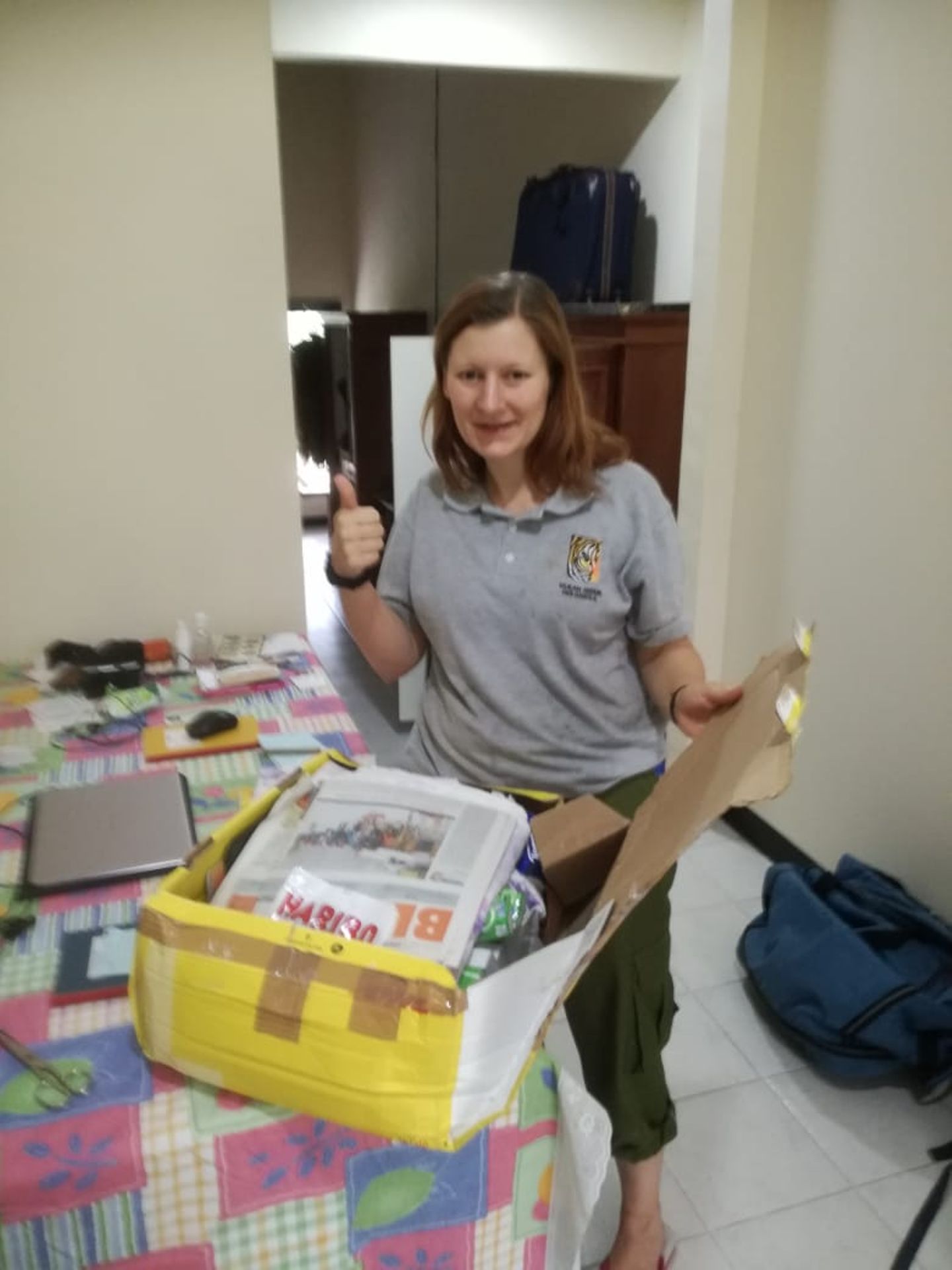
Good thing Roy became an animal care worker and not a photographer ;) He never manages to take a sharp picture :D
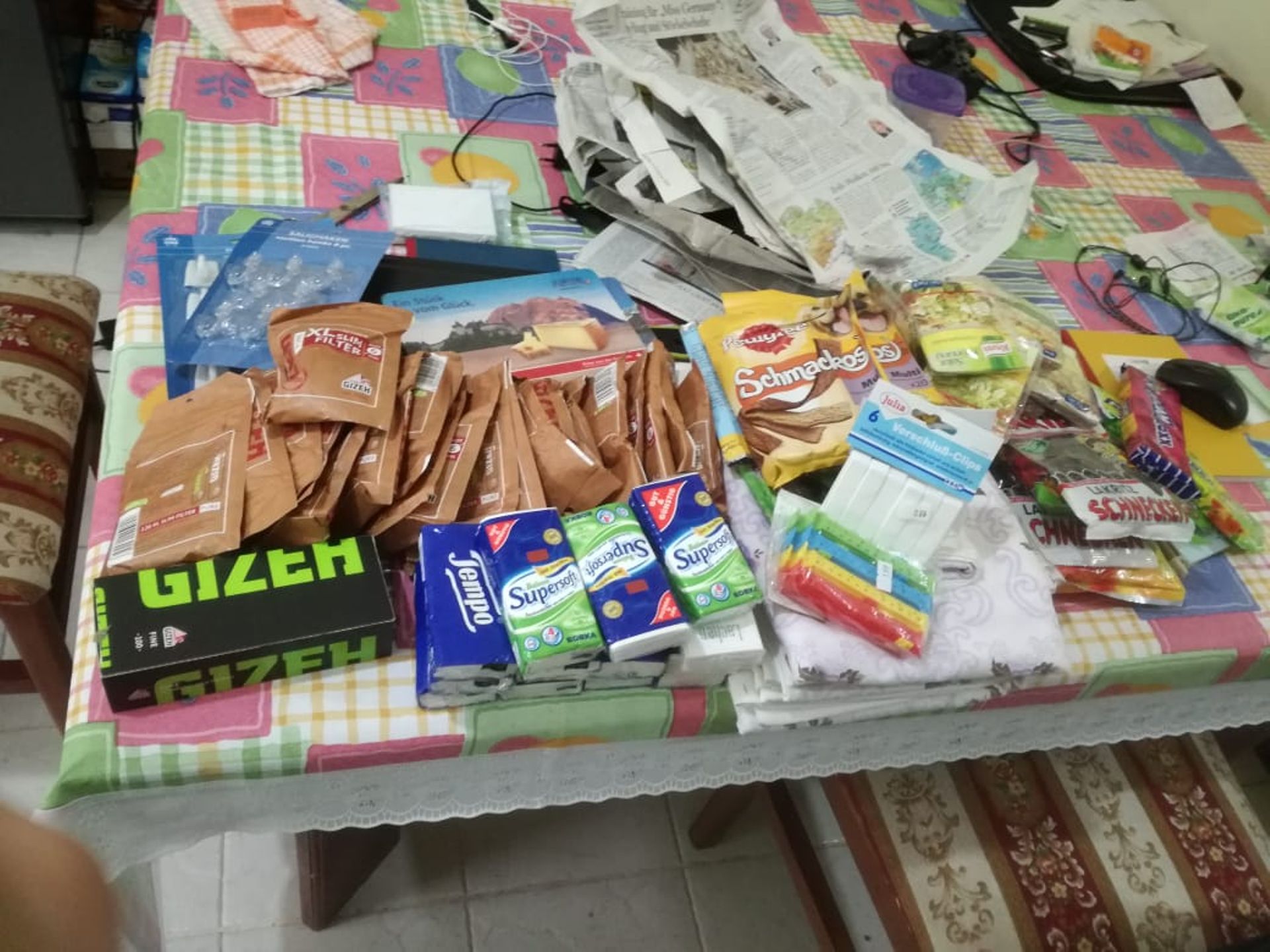
Thanks again for all of that!!! :)
We wouldn't have been able to get most of those things here or it would have been difficult.
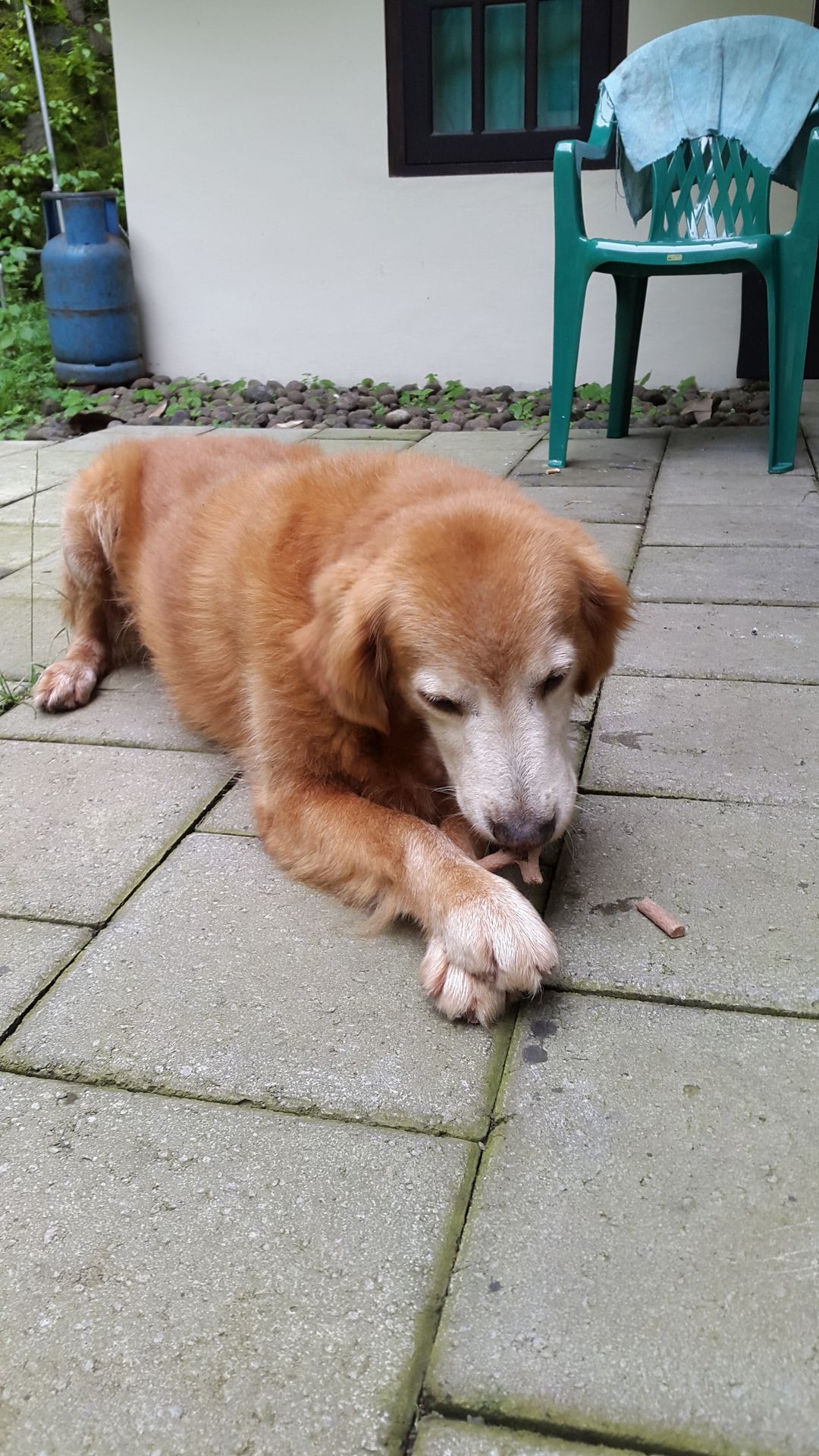
We can also get most of the groceries and everyday items here in Indonesia. Either in the 'Banana Street' in front of the park (where there are mainly bananas, but also avocados, carrots, other fruits, and a few small shops) or in the grocery store or general store, as we call it, a kilometer down the road. Whatever we can't find there, we buy in Palang, about 8 km away. Anything else, we have to buy during one of the rare trips to bigger cities like Malang (for visas, for example) or Pandaan and Surabaya (for the bird market) in larger stores or malls.
When we go shopping on our day off in Palang, we go to the market first because it closes around 11 am (and we need our beauty sleep). After that, we might go to one of the small shops, like the plastic shop or Alfamart (a supermarket chain where they have things like milk and toast).
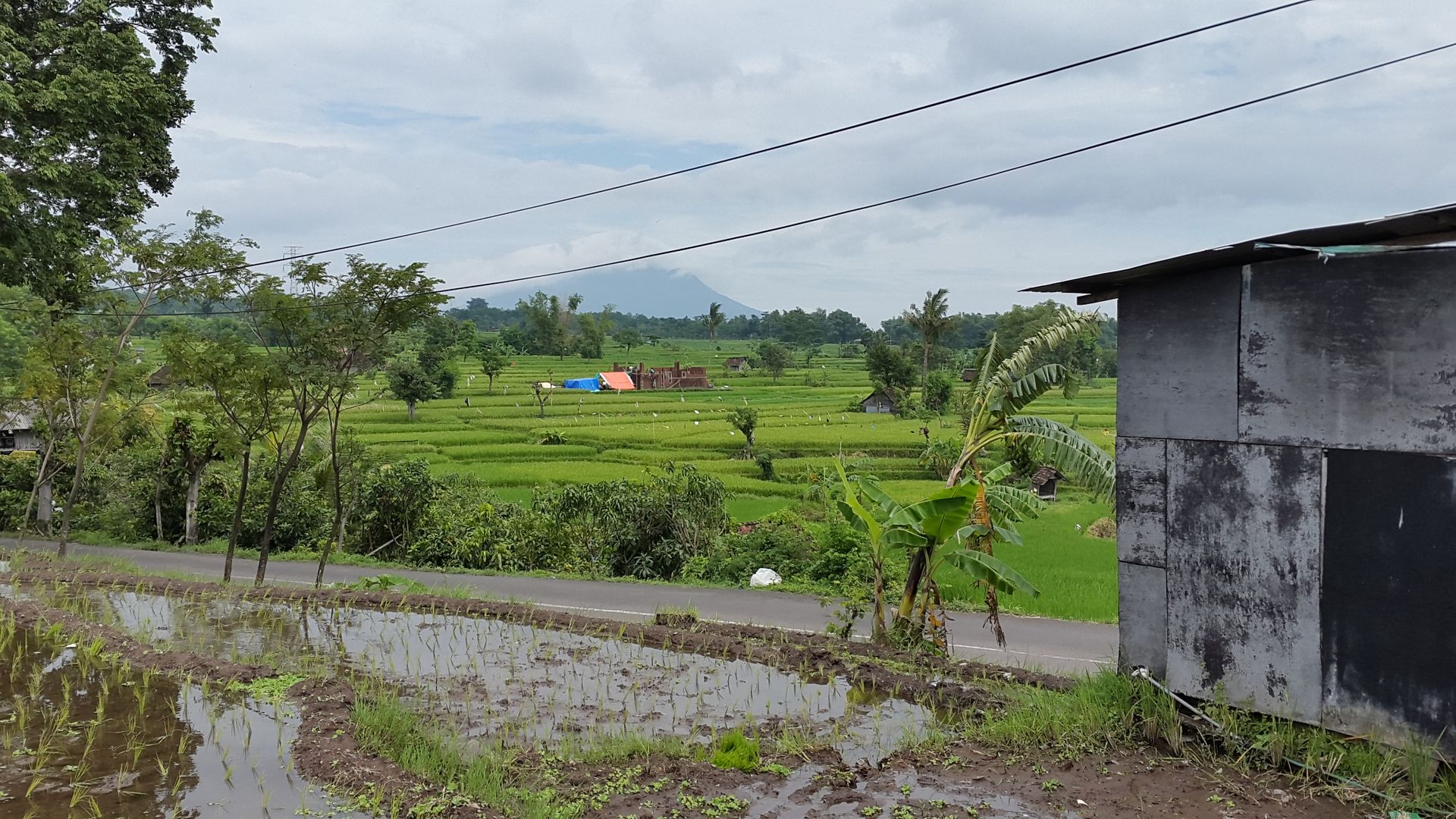
On the way to Palang, you have a beautiful view of Mount Arjuna.
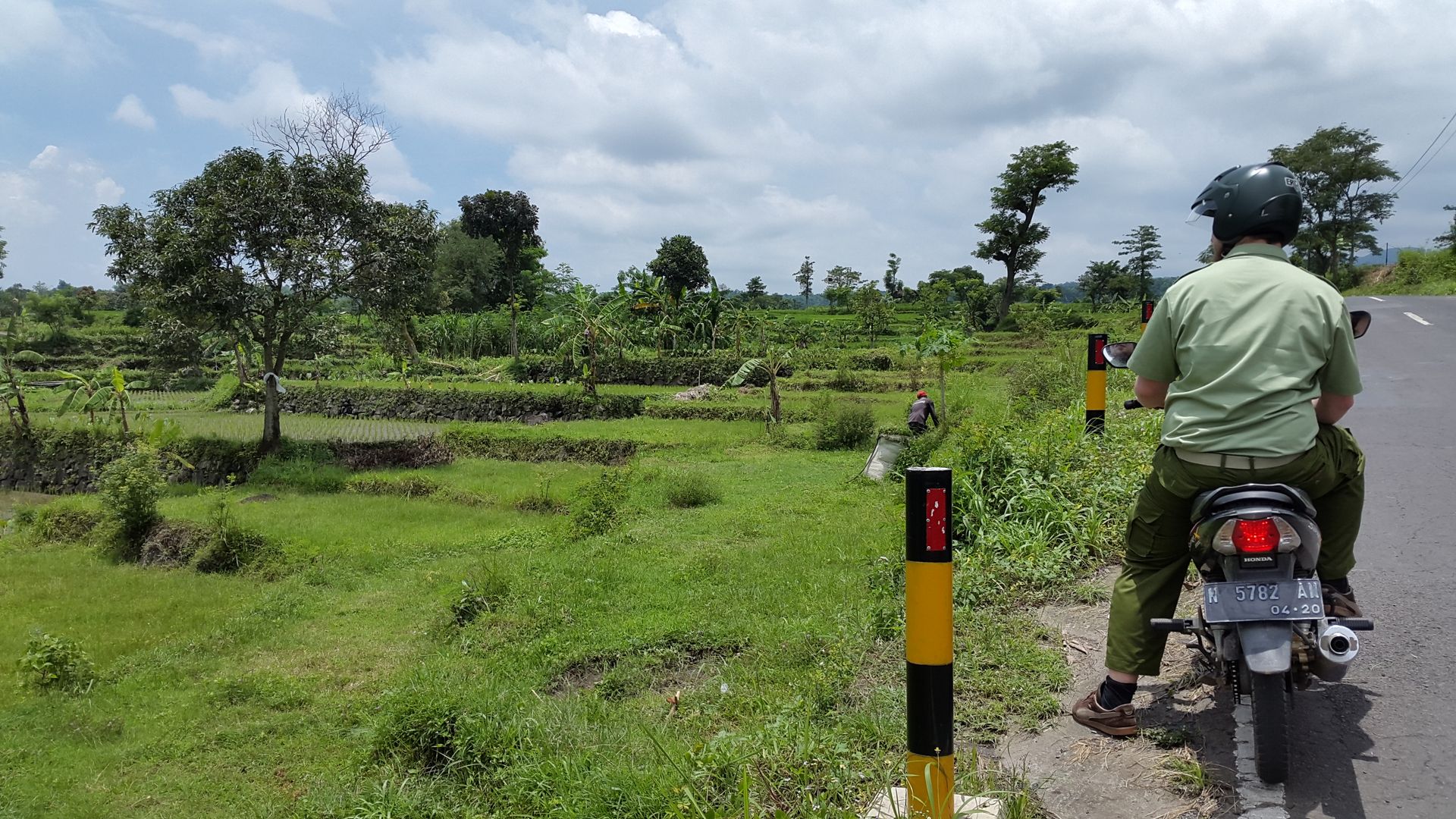
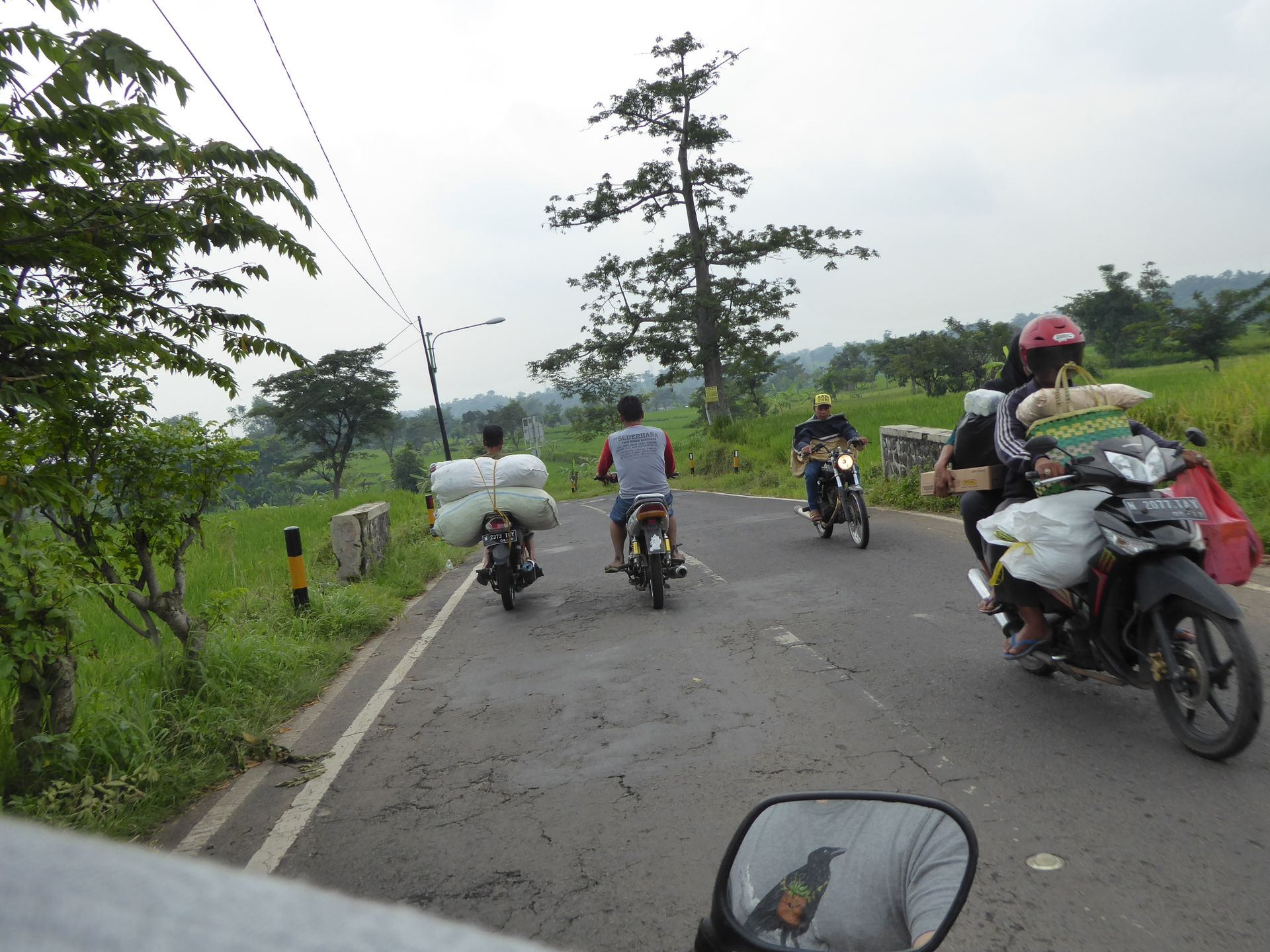
And rice is also transported a lot.
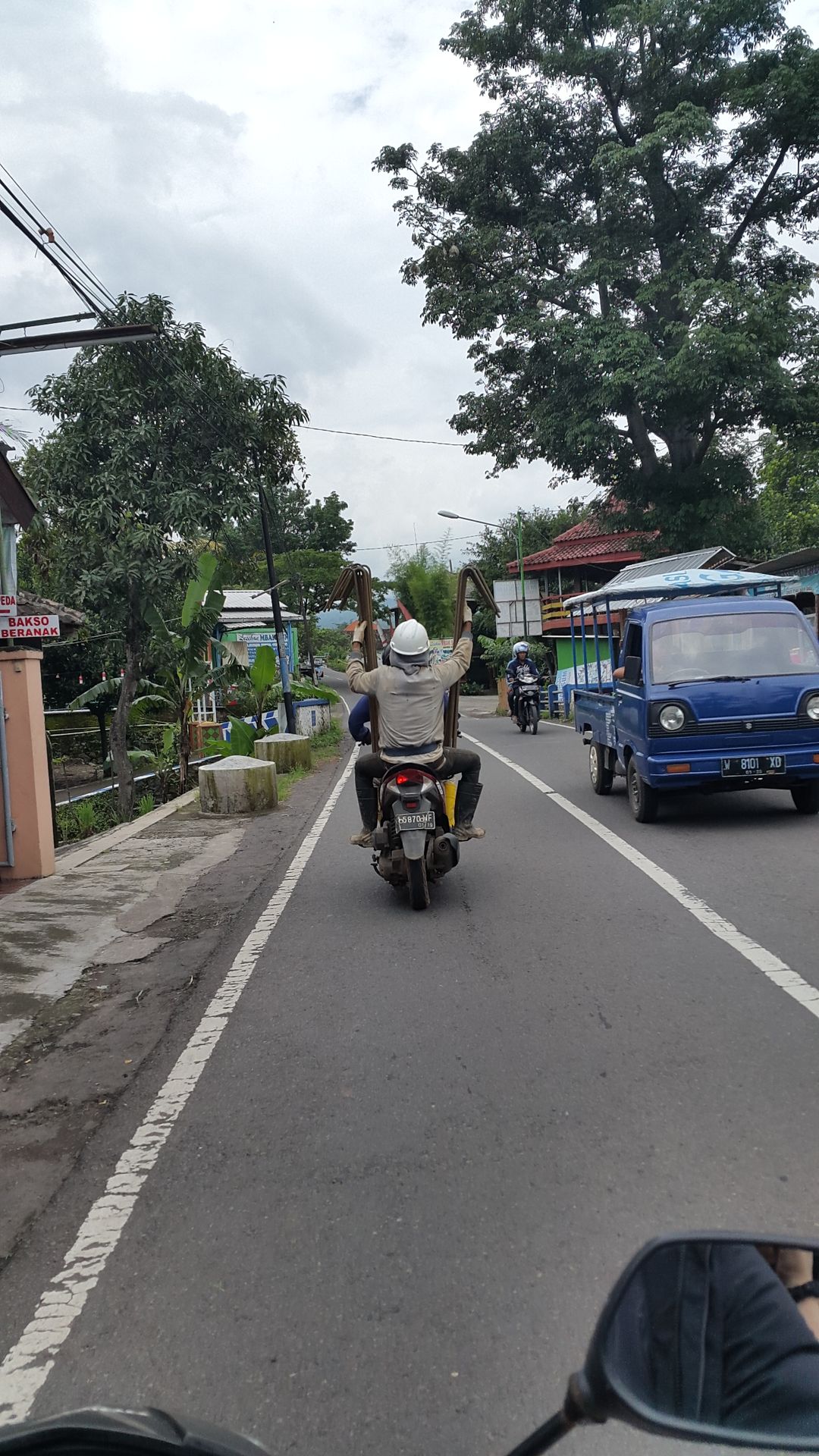
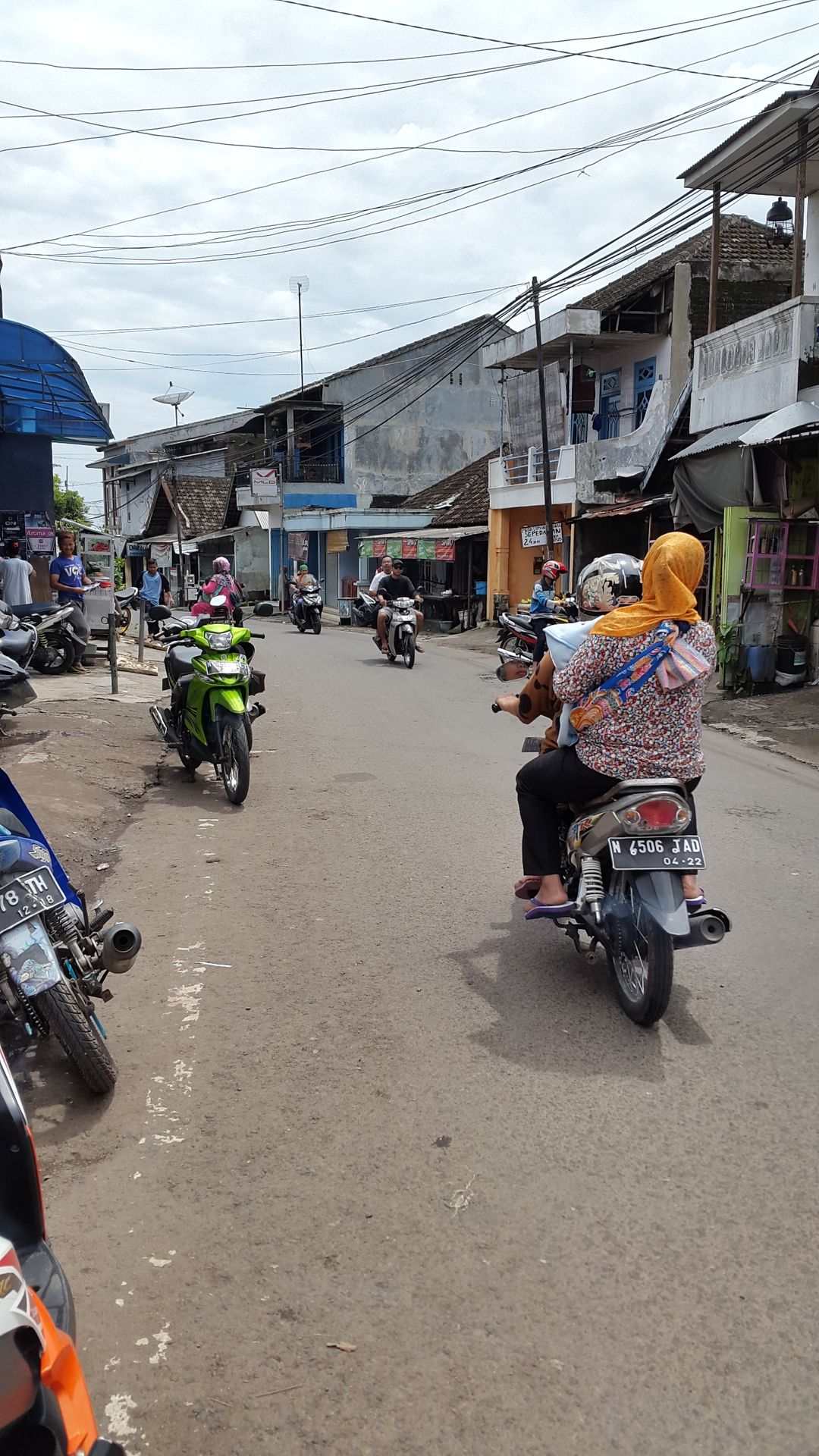
Palang is apparently translated as something like 'intersection' and is actually just a road with an intersection where you can either go south to Malang or north to Pandaan and Surabaya. But there are enough stores with useful things.
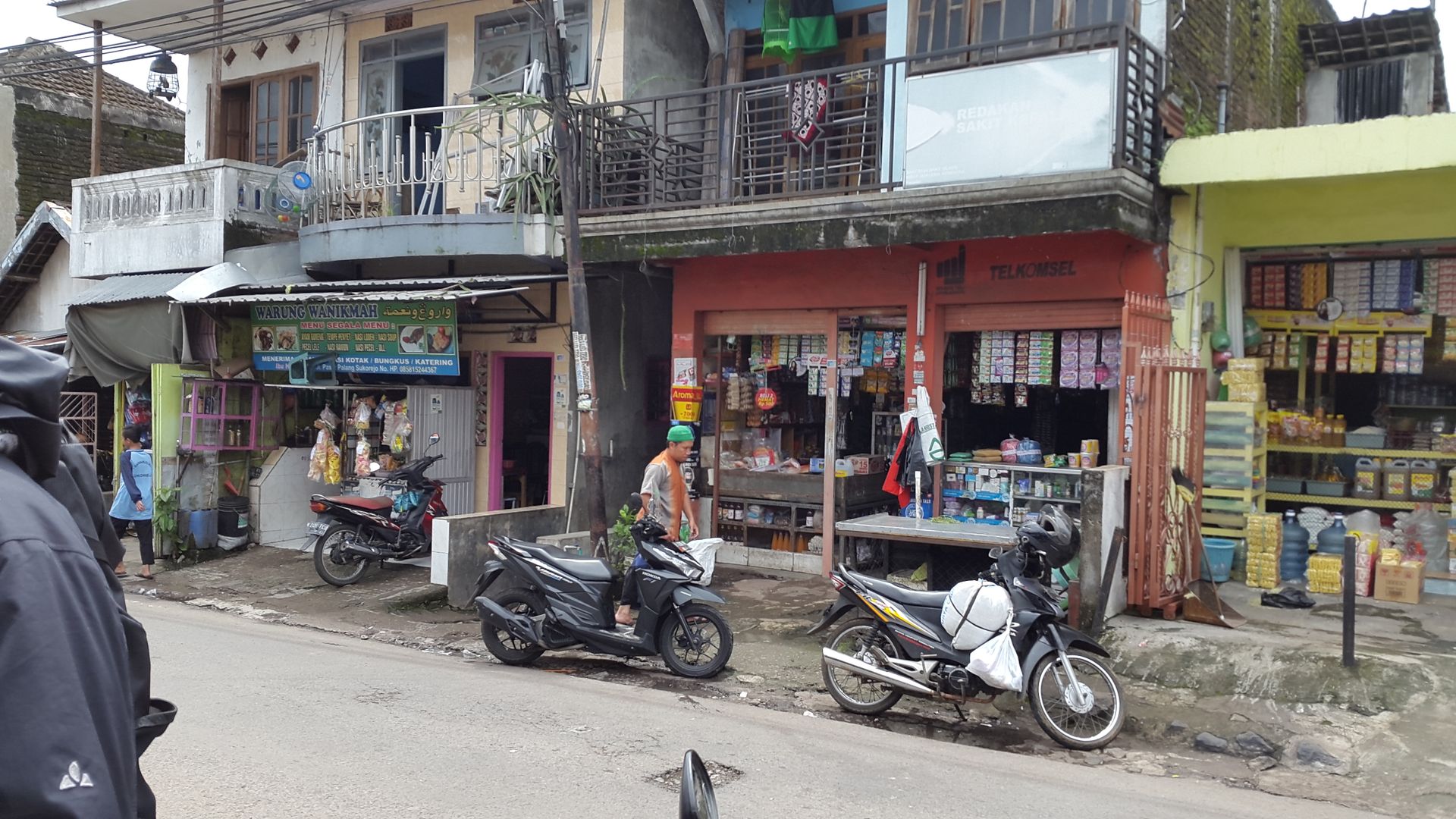
While you can buy similar things almost anywhere, many stores still specialize in something. For example, the one on the left sells hot food, the one in the middle sells SIM cards, and the one on the right seems to have gallon water containers.

Here you find the best thing ever: fruit!
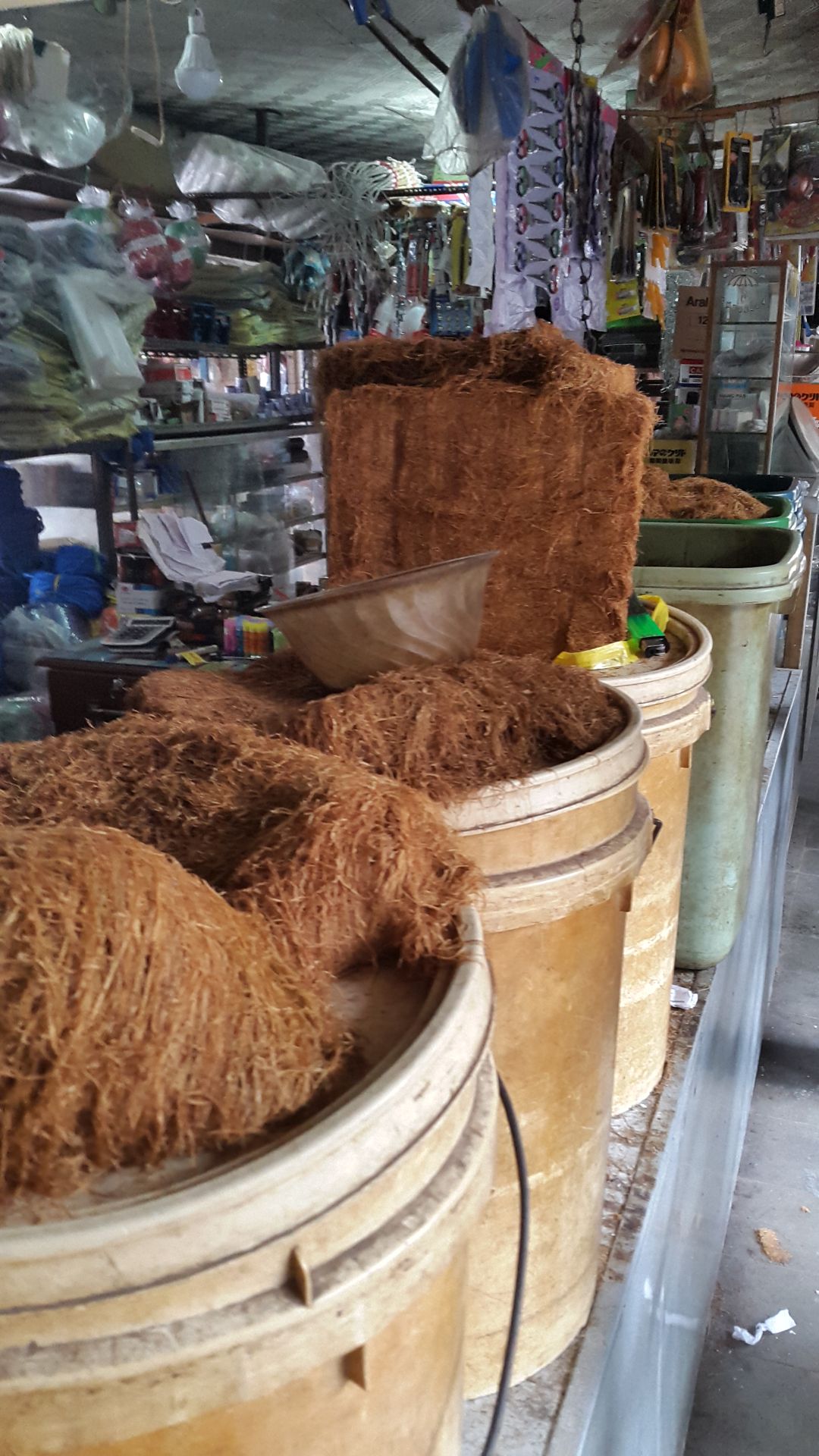
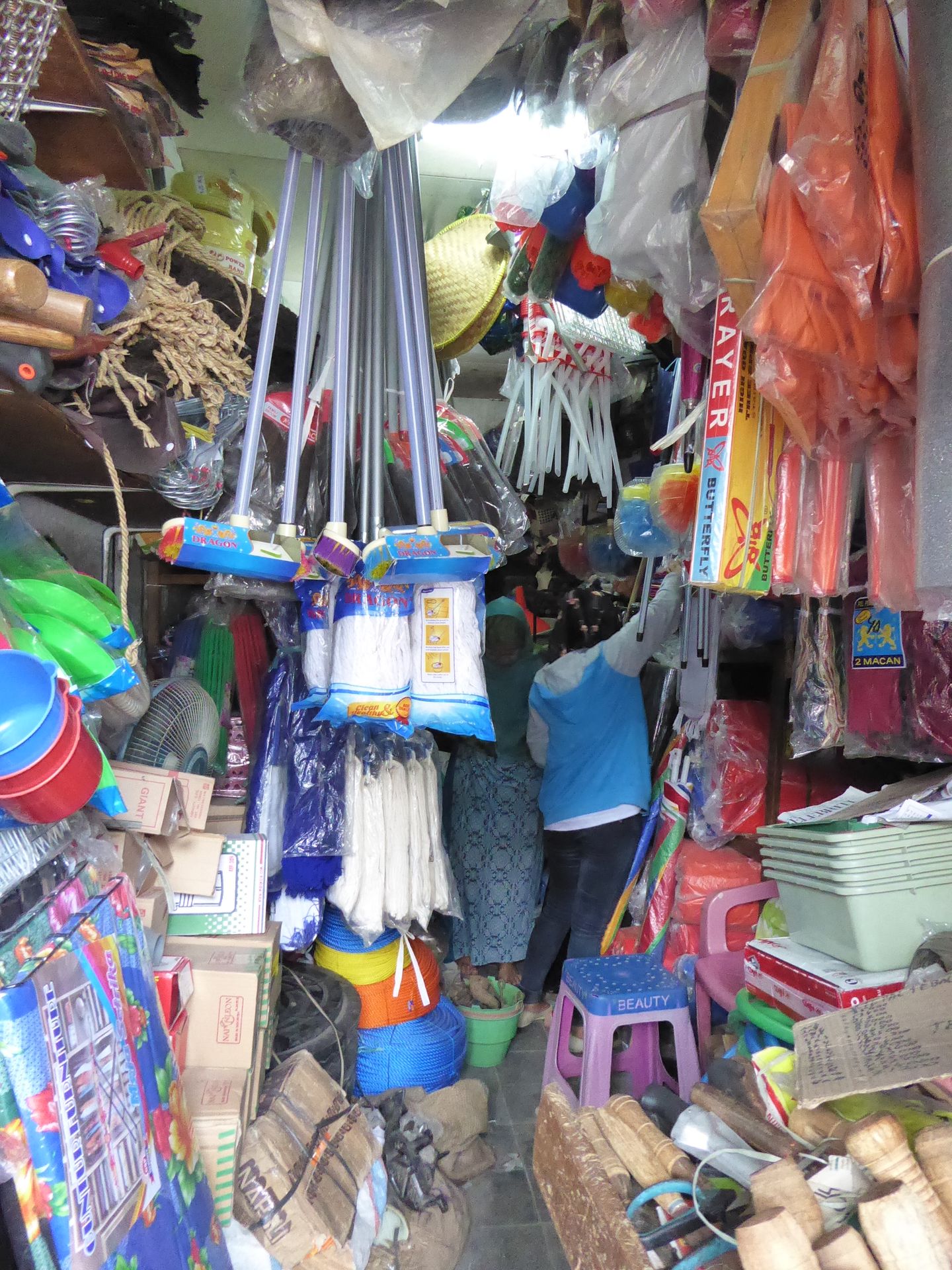
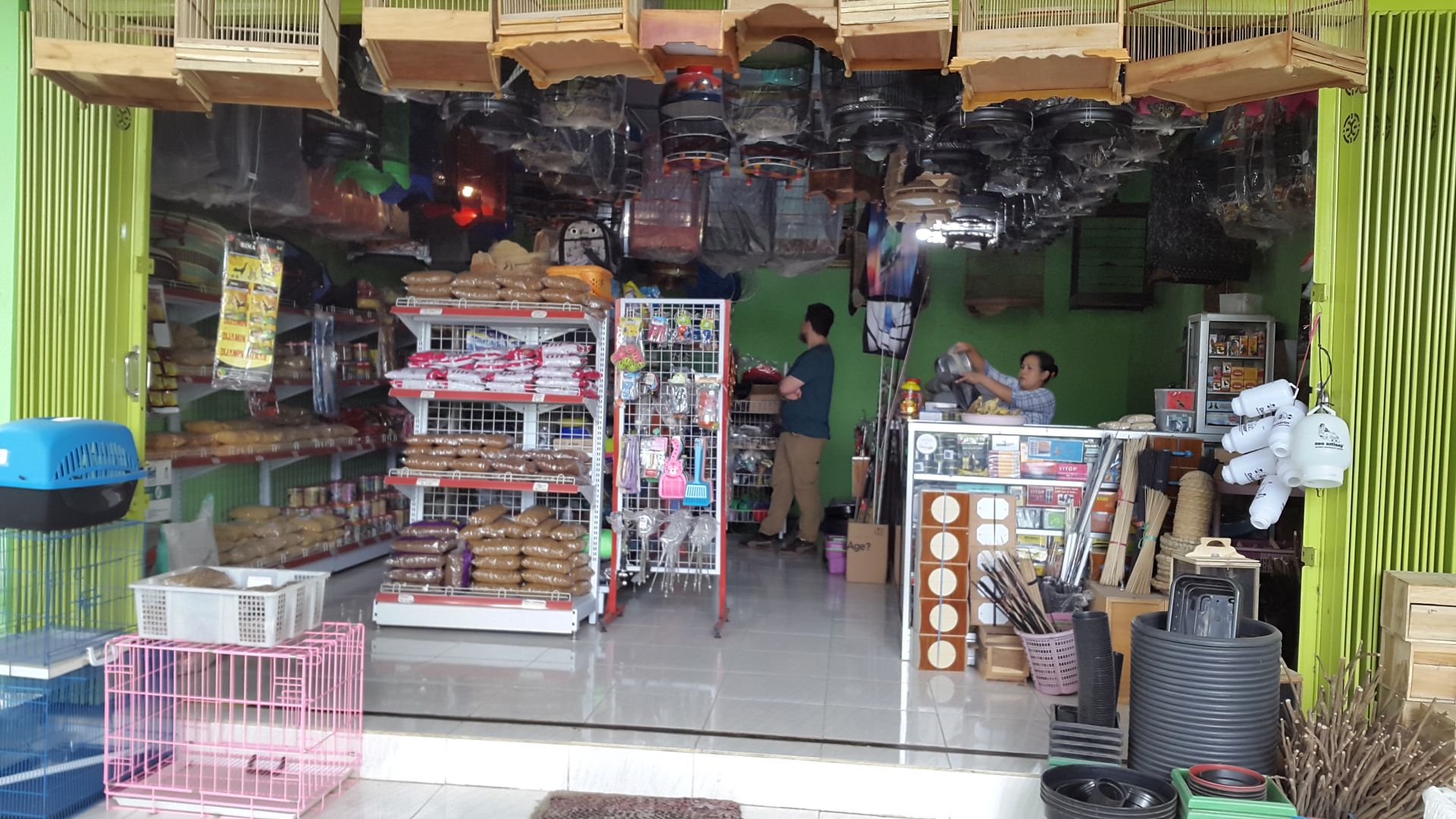
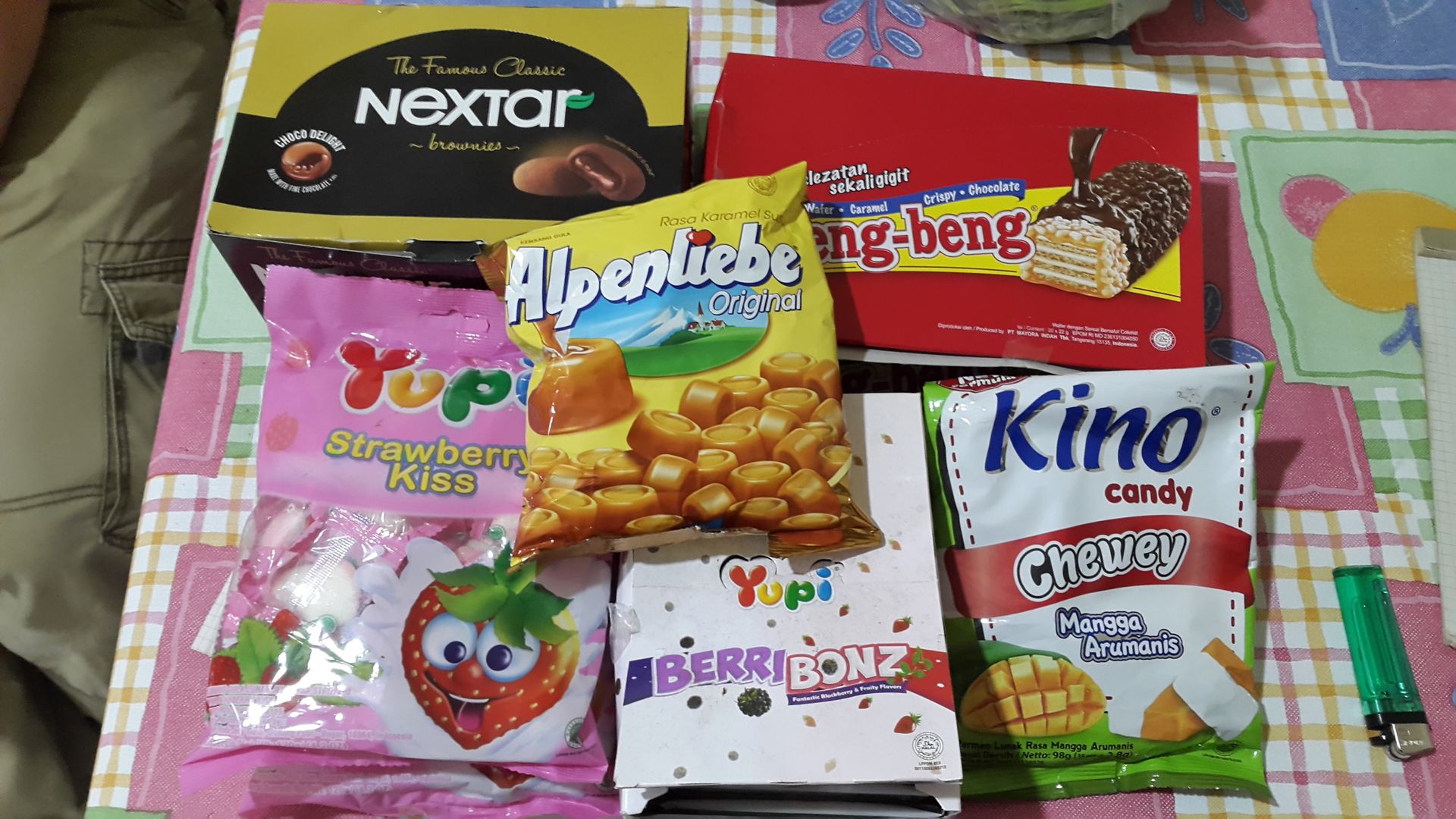
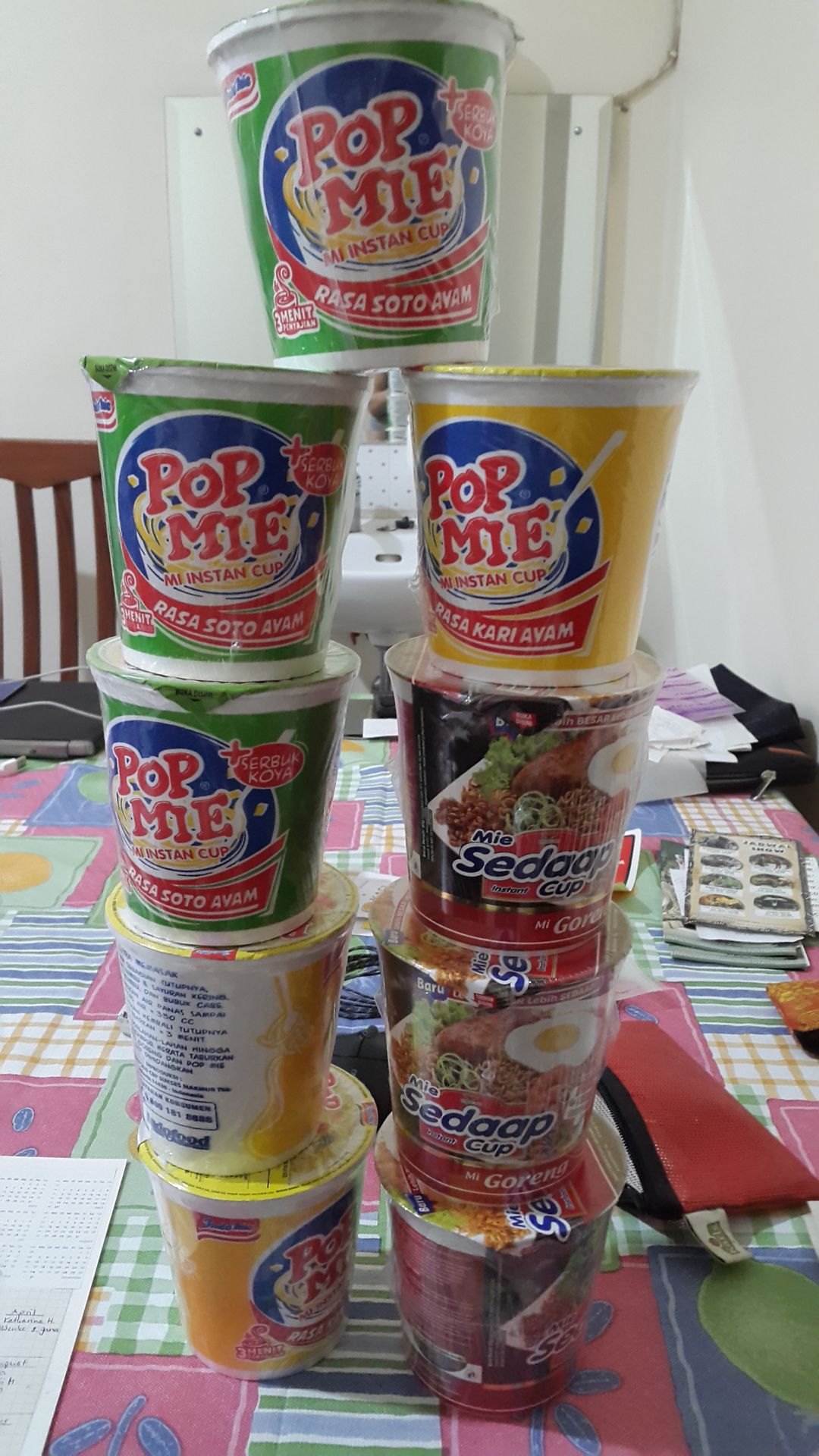
Or with PopMie :D Instant noodles in a cup. The perfect snack in the evening.
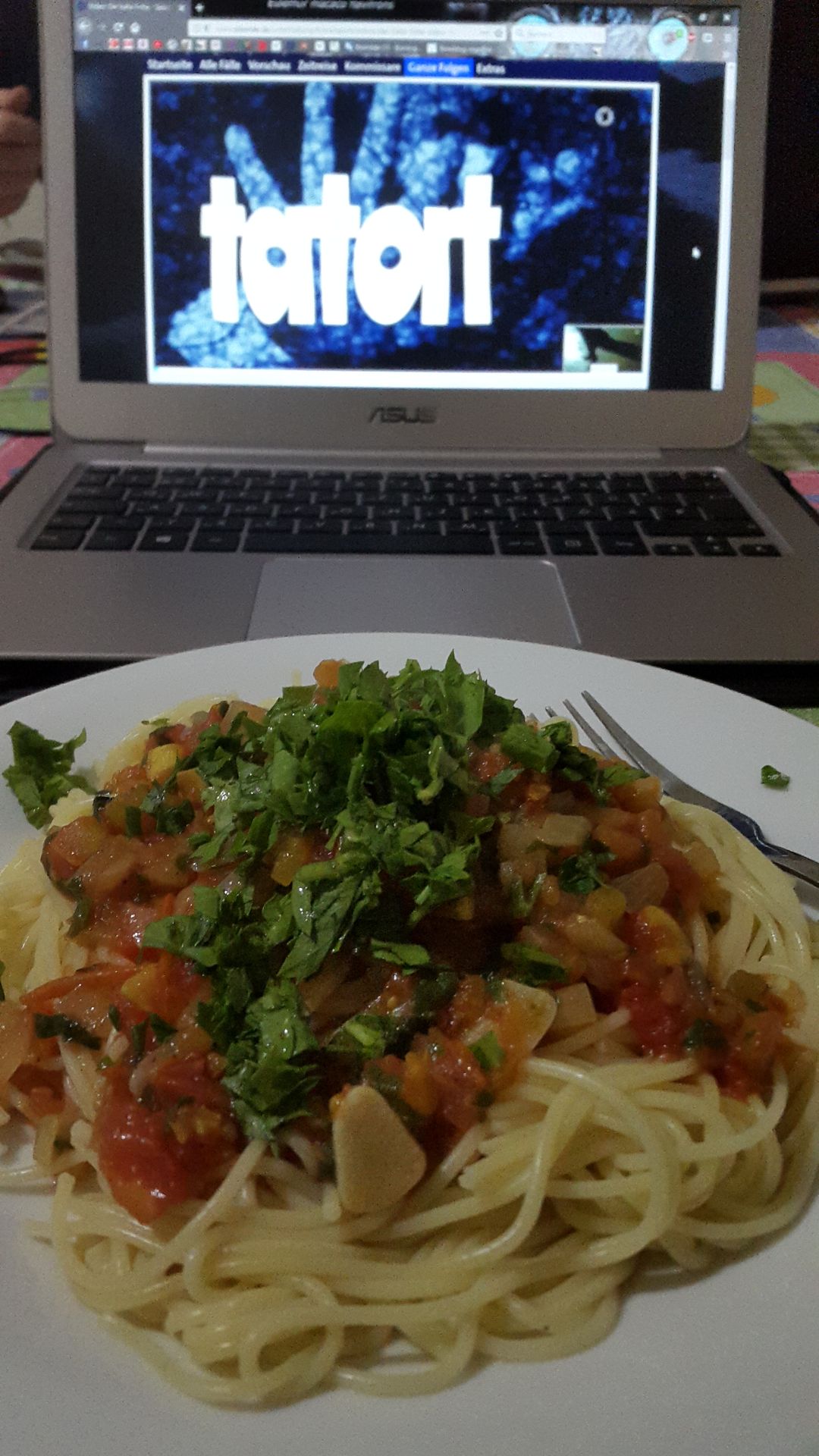
A few days ago, Stephan planned another visit to one of the bird markets in the area, and one of us should go with him (the other would stay here and take care of our birds with Seger). We were able to agree on that without 'rock-paper-scissors', so I went and Roy held the fort.
It's important to visit the markets occasionally to find out which species are currently available. Because if a species becomes rarer or disappears altogether at the market, it's also an indication of the status of that species in nature. At the markets, there are also birds offered by breeders that were not taken from the wild. These birds must also be marked with a corresponding ring.
The price ranges for birds at the markets are enormous. For example, you can already buy a spectacled parrot for 34,000 Indonesian Rupiah (€2). But there are also many birds in the two- and three-digit range, such as the pied starling. The most expensive birds at the moment are the black-winged mynas, which can cost around €600-700, and the straw-headed bulbul, which can cost up to €1000 per bird. The tragic peculiarity of these two species is that they either sing beautifully or can imitate words like some parrots. The rarity naturally drives up the price as well.
The bird market in Sidoarjo is a medium-sized market, but smaller bird markets are also common in many small towns. The largest bird market is located in Jakarta, together with two others. It is the largest bird market in Asia, if not the world. More than 19,000 birds are offered here daily. Now, if you imagine that there are several dozen bird markets in Indonesia alone, the number of birds in all markets together goes into the millions. It's a wonder that there are still birds left in nature here. But here are a few impressions anyway:
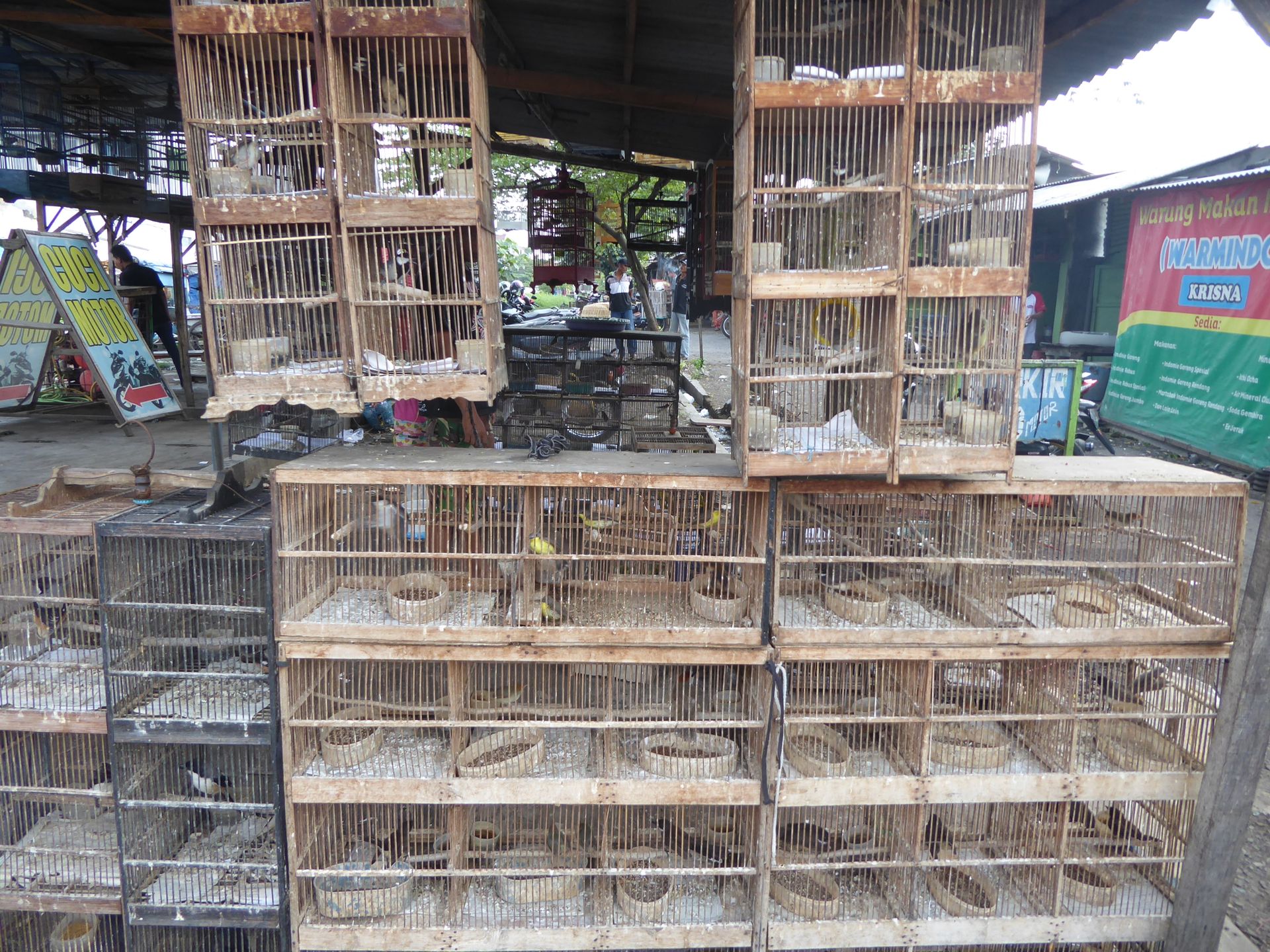
Cage after cage, bird after bird.

The animals are provided with the essentials: food and water. But the hygiene and, of course, the space are catastrophic.
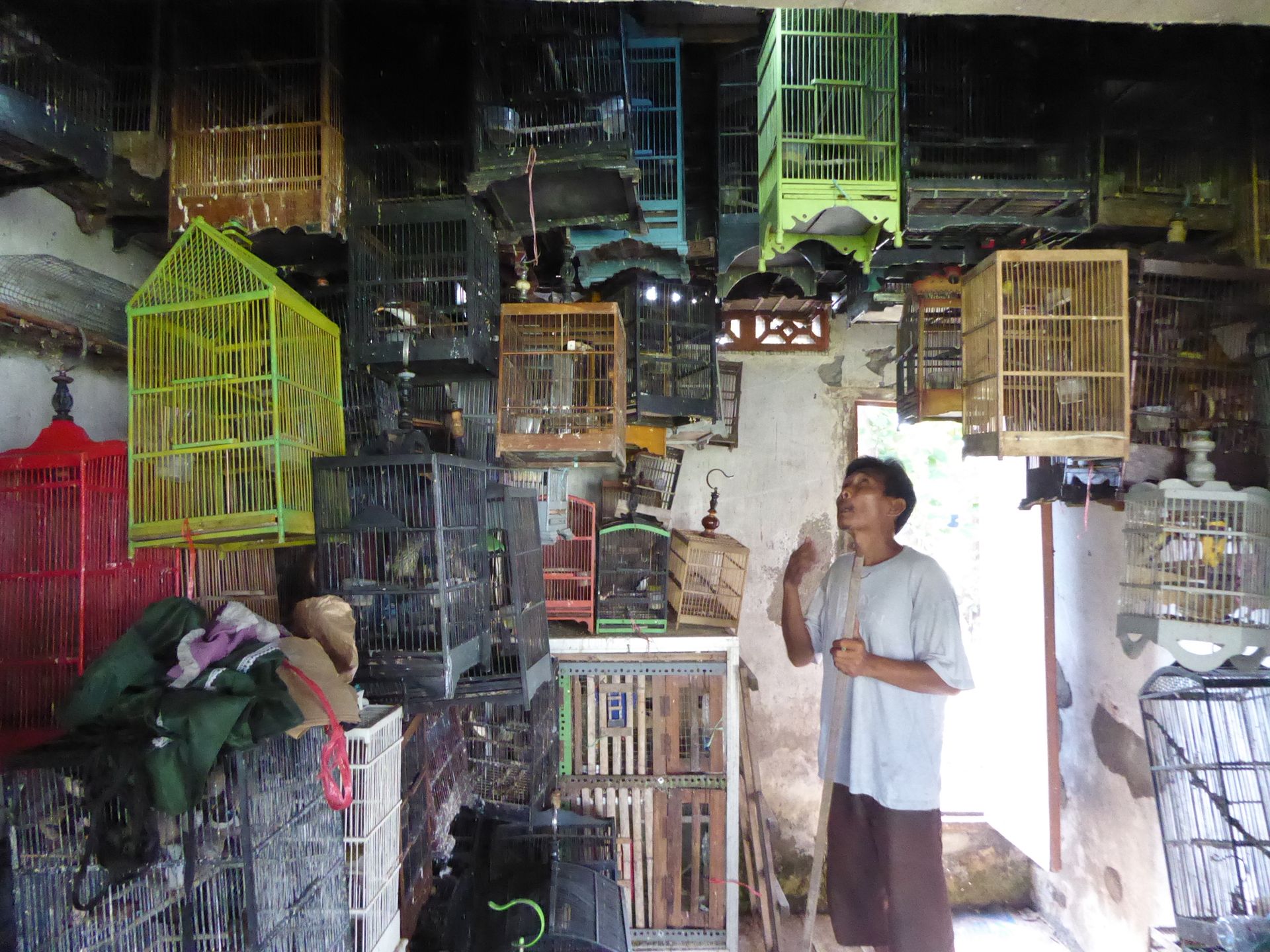
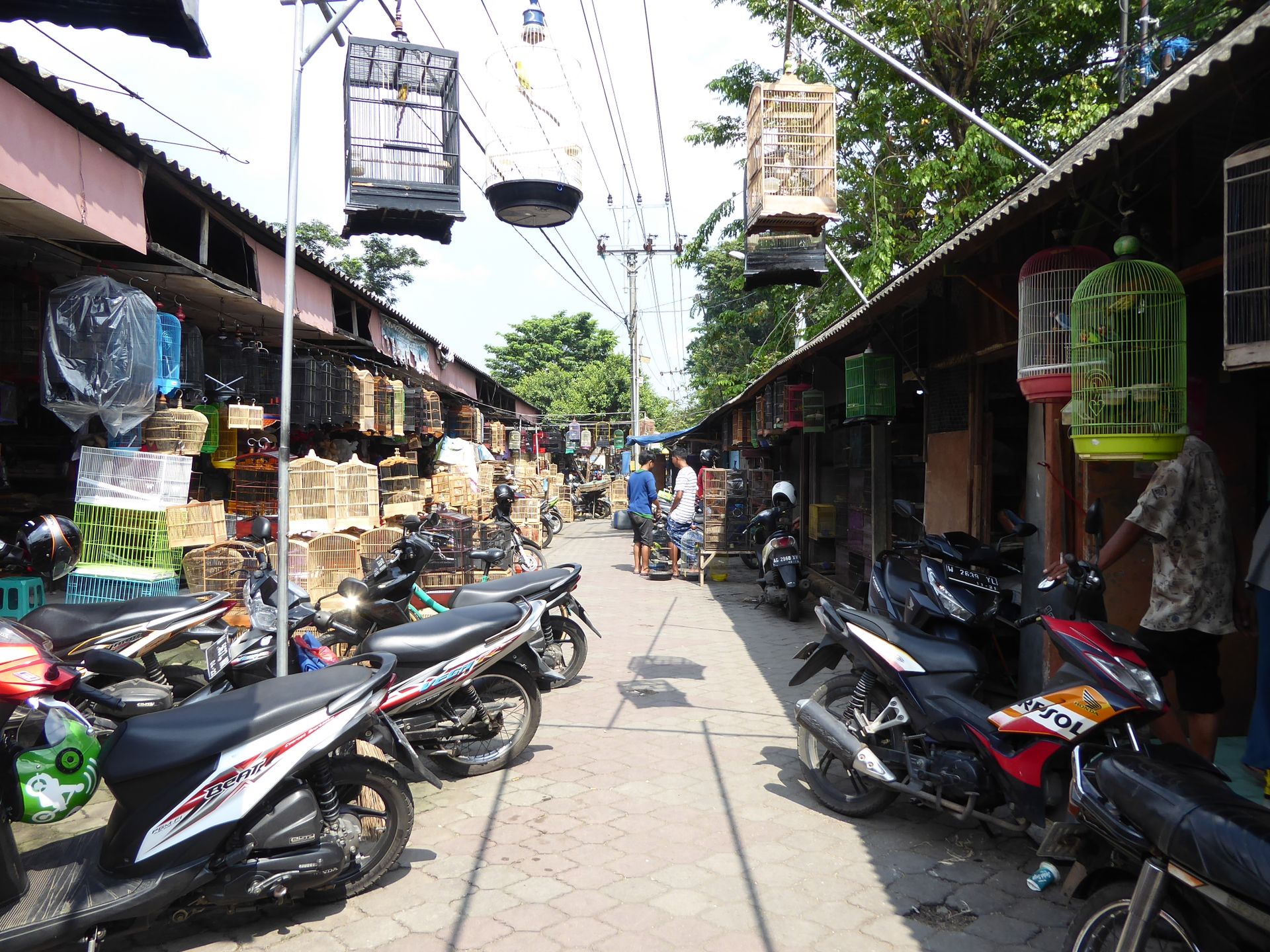
However, many birds were also hanging in the scorching sun, which is also very bad for them.
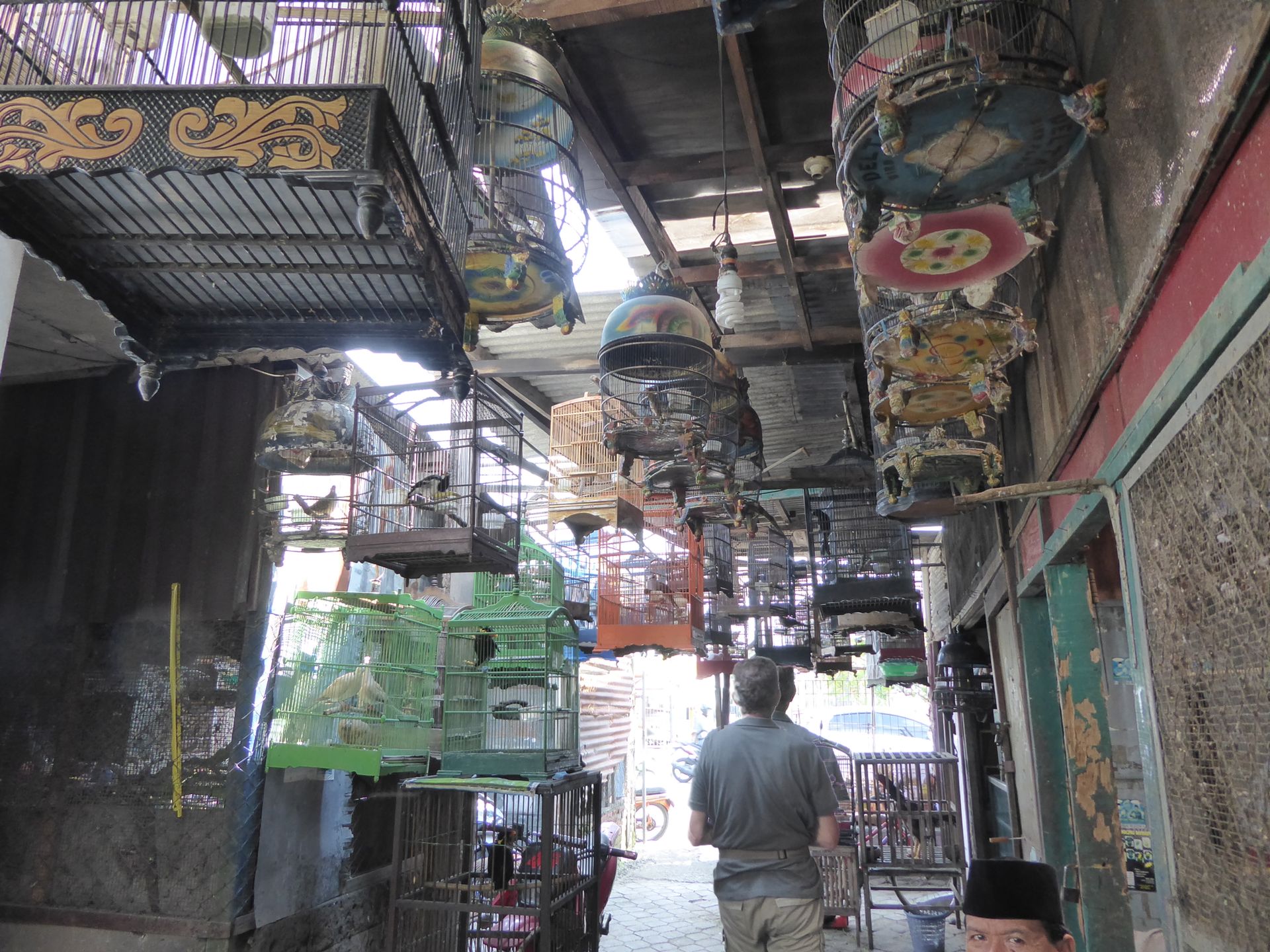
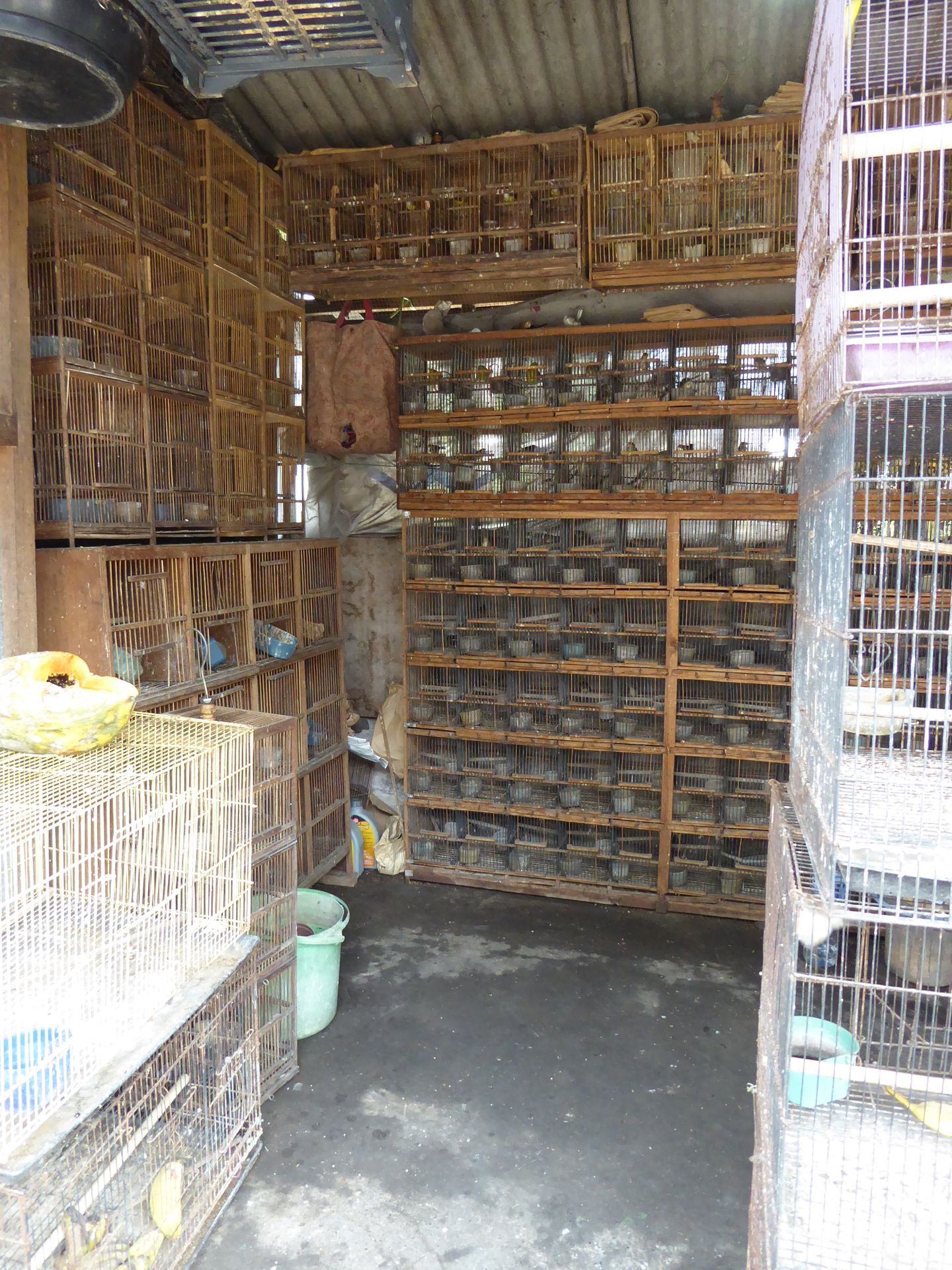
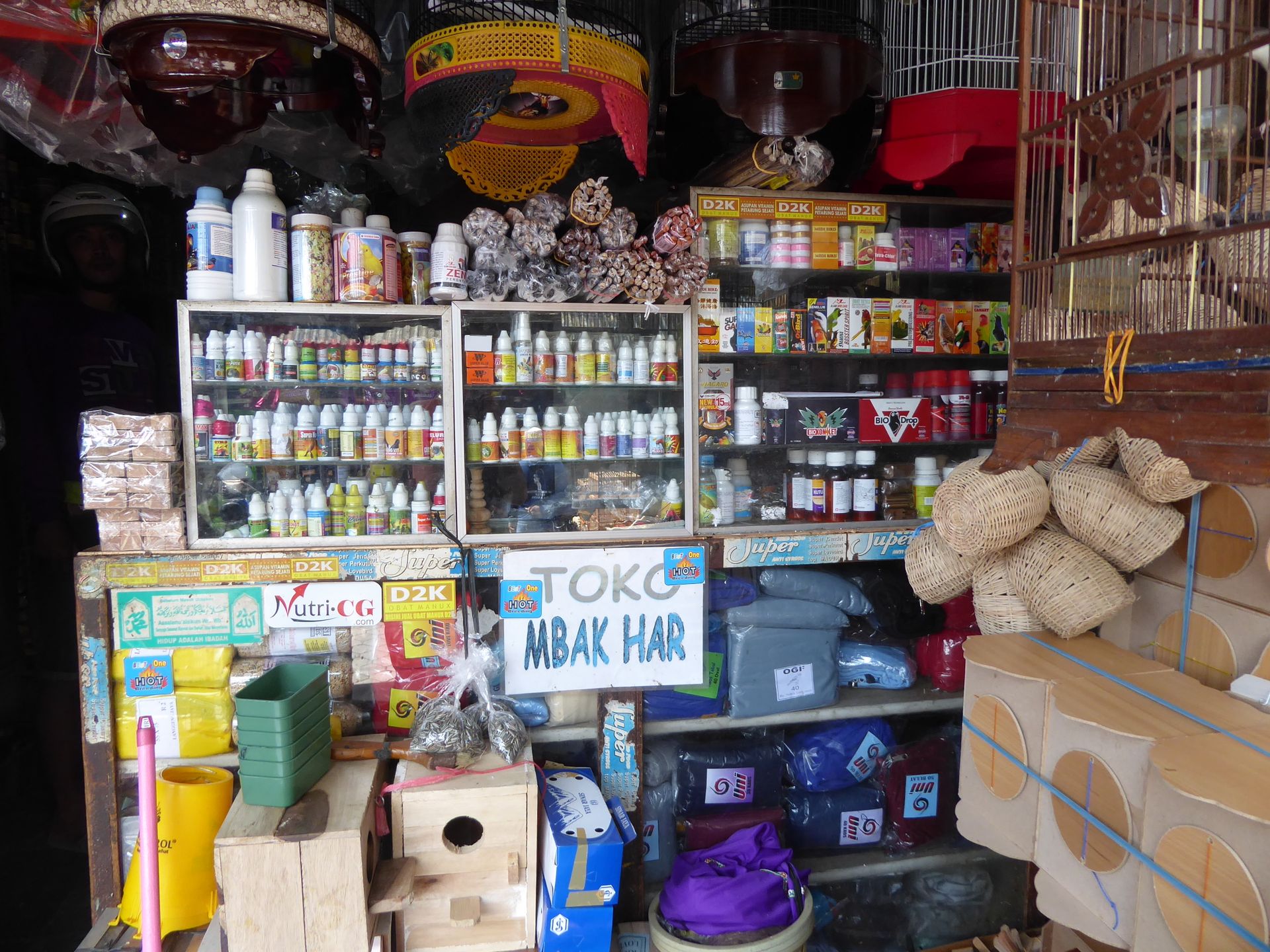
Finally, something positive: The mynas are doing well! :)

Thanks for reading and greetings to you in the winter ;)
Odebírat novinky
Odpovědět
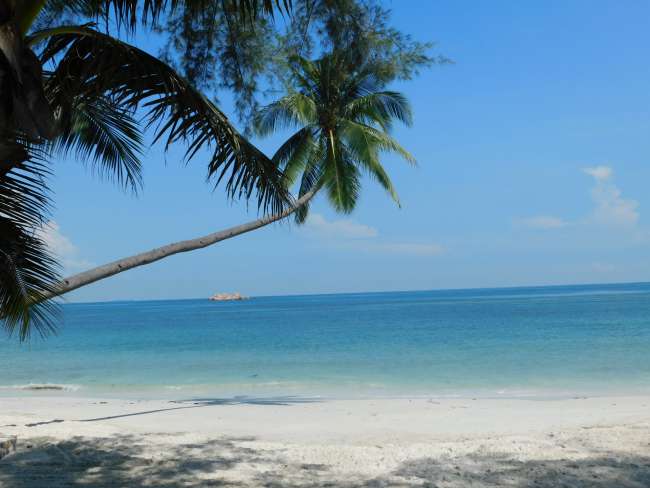
Cestovní přehledy Indonésie
